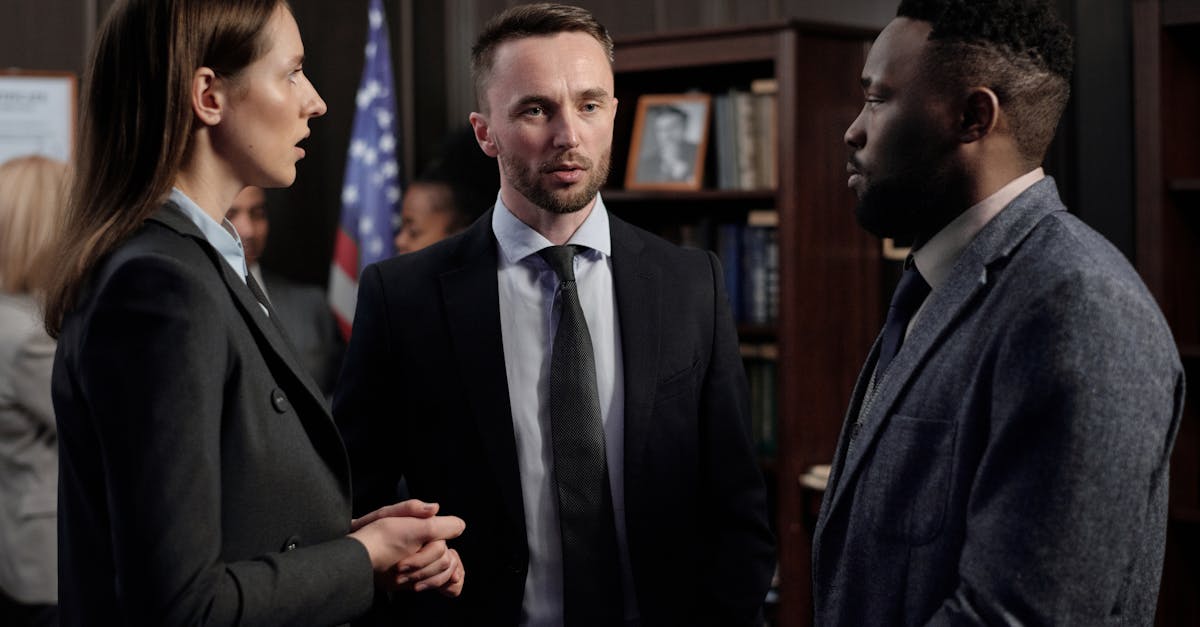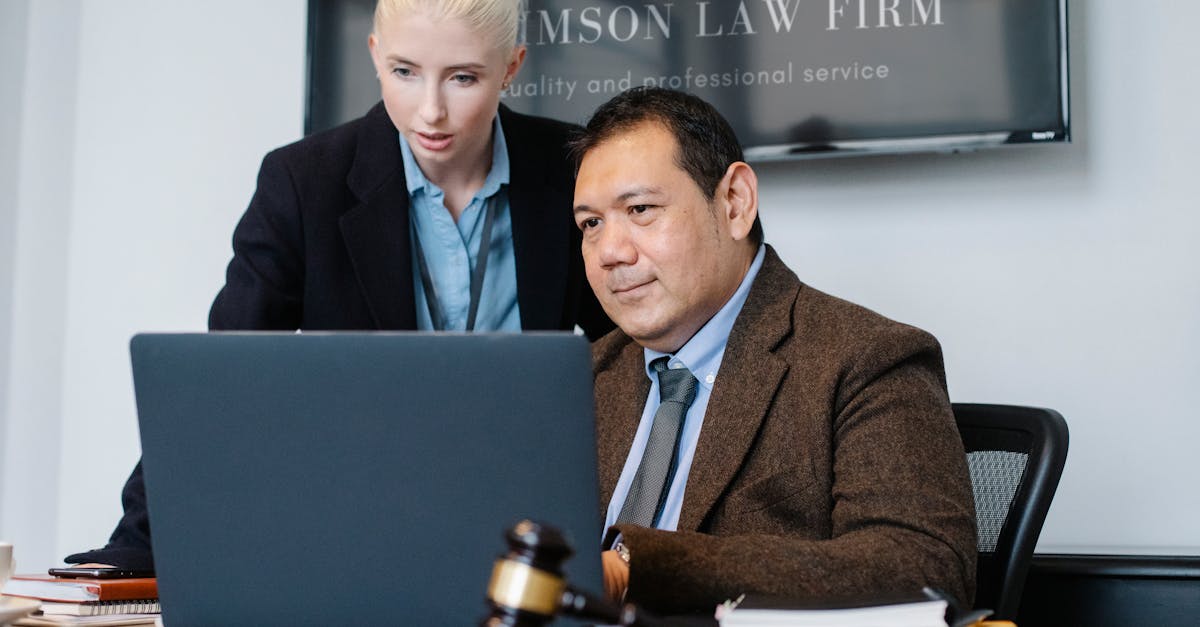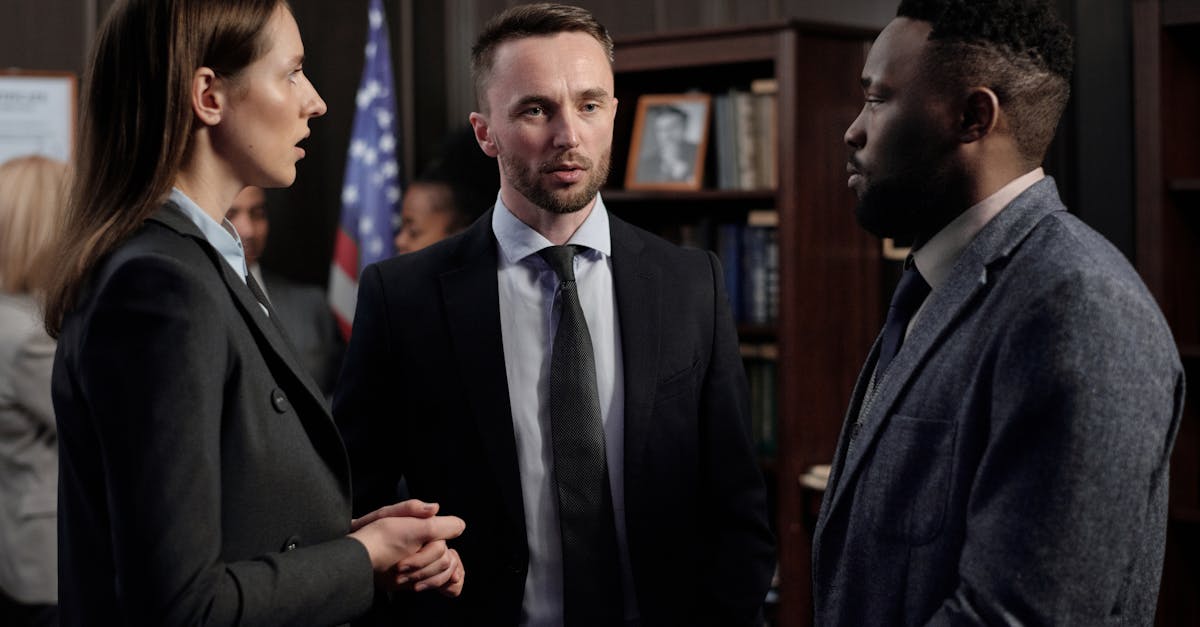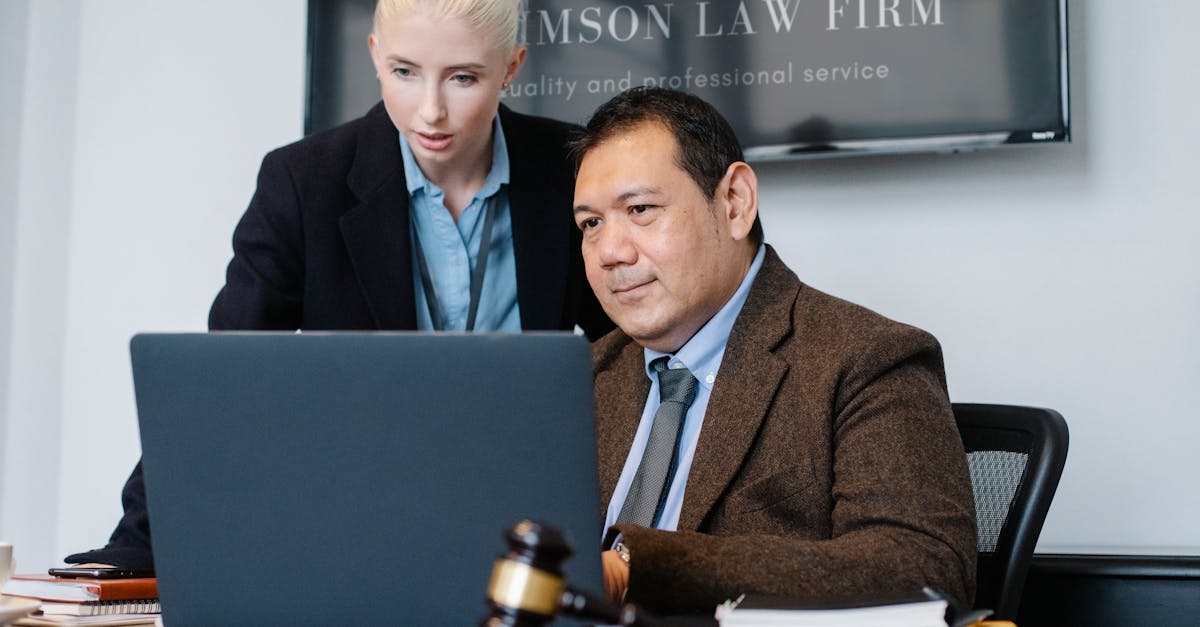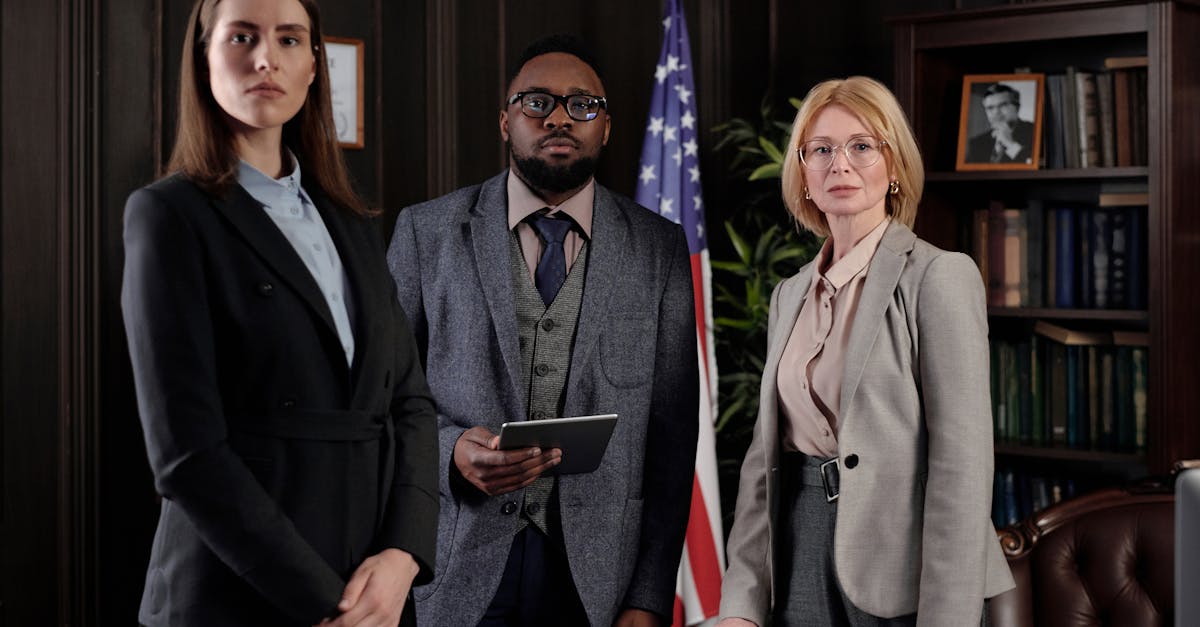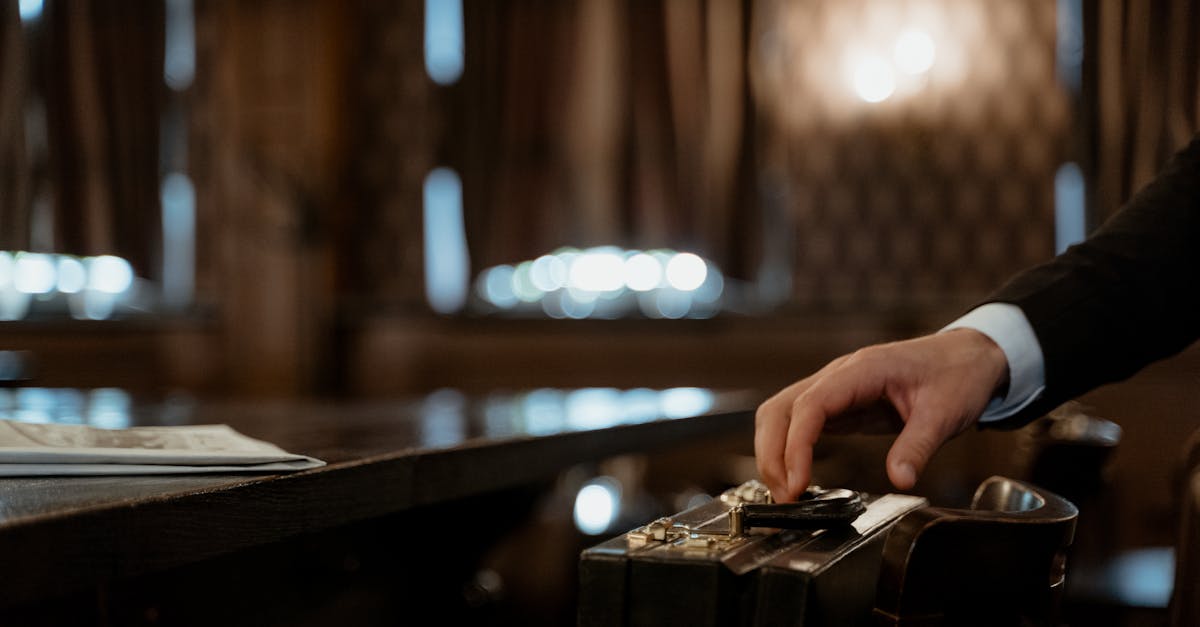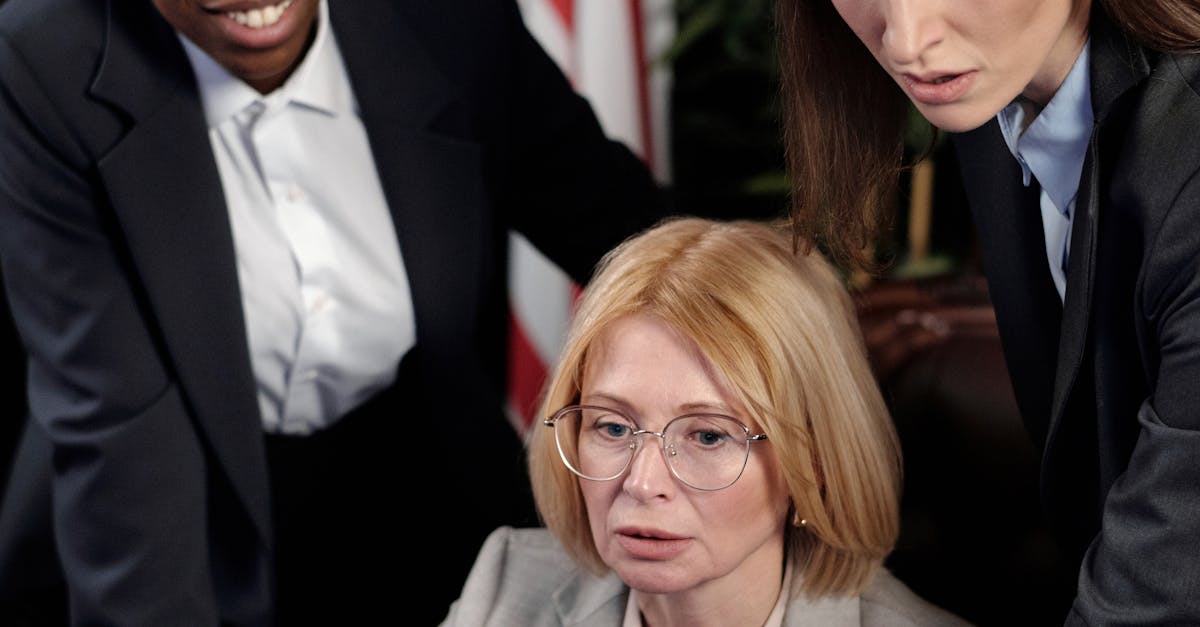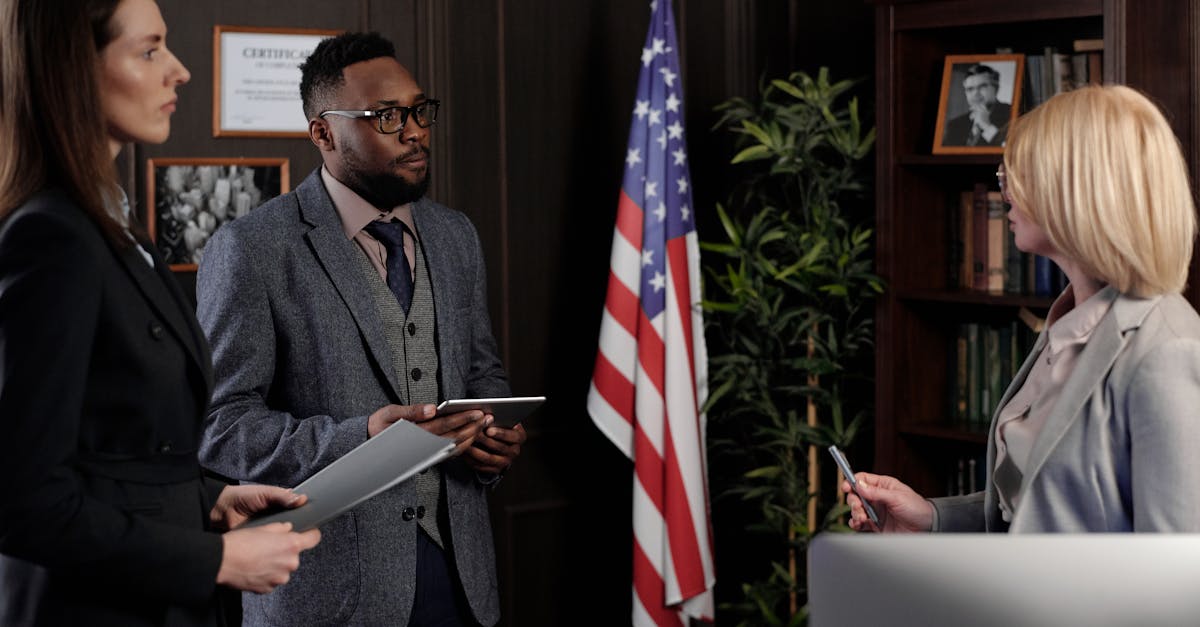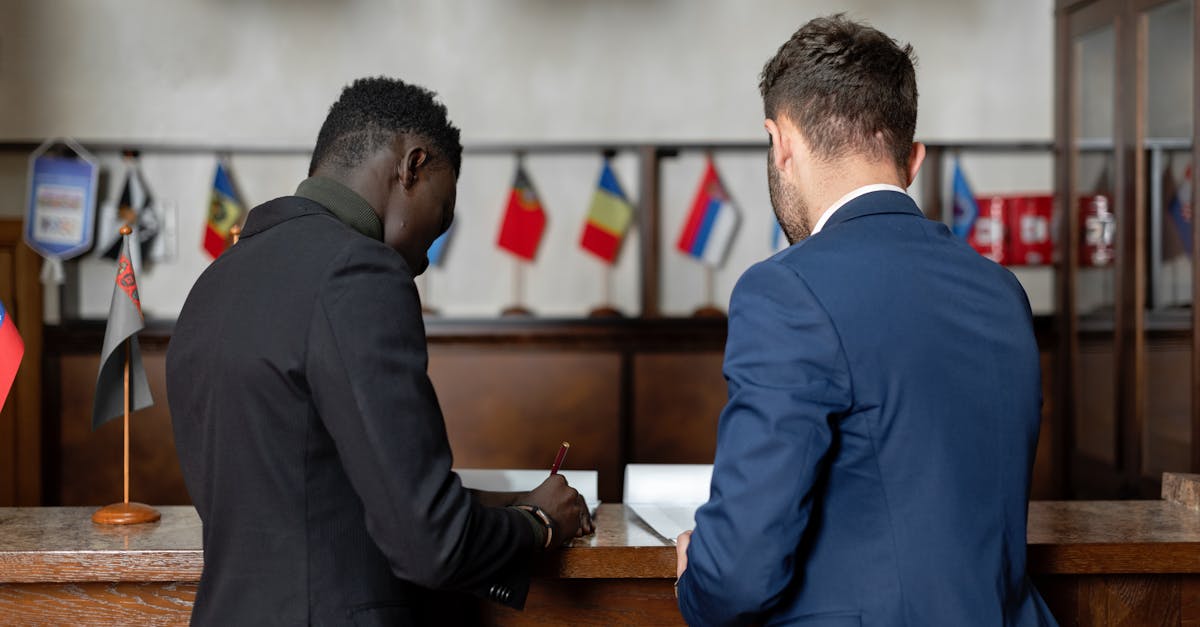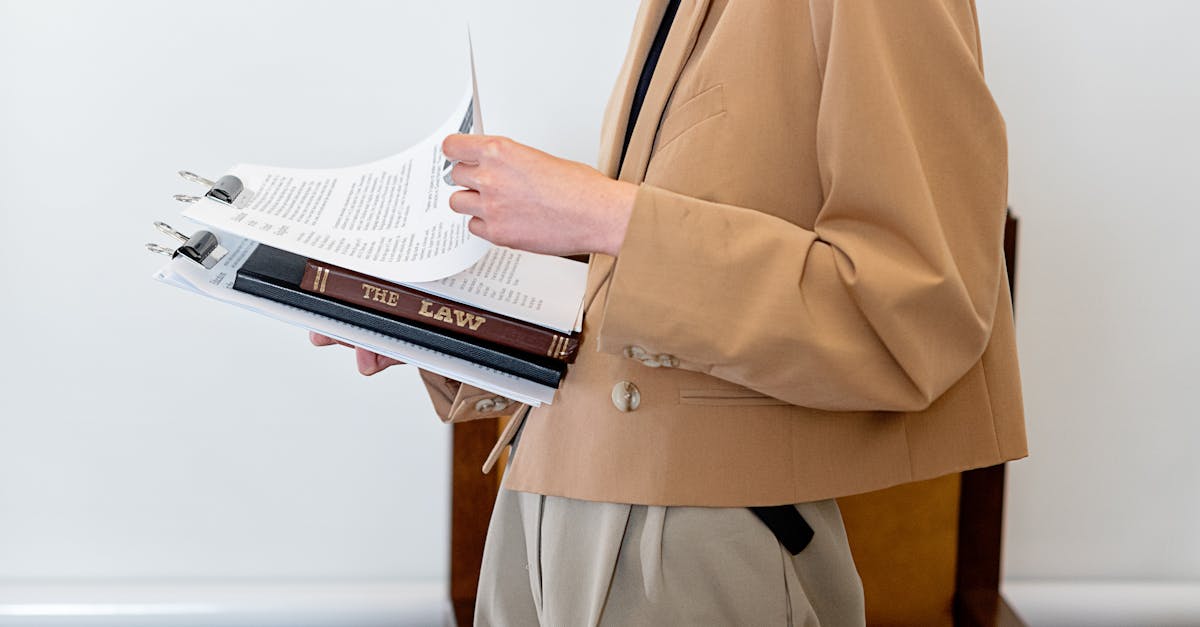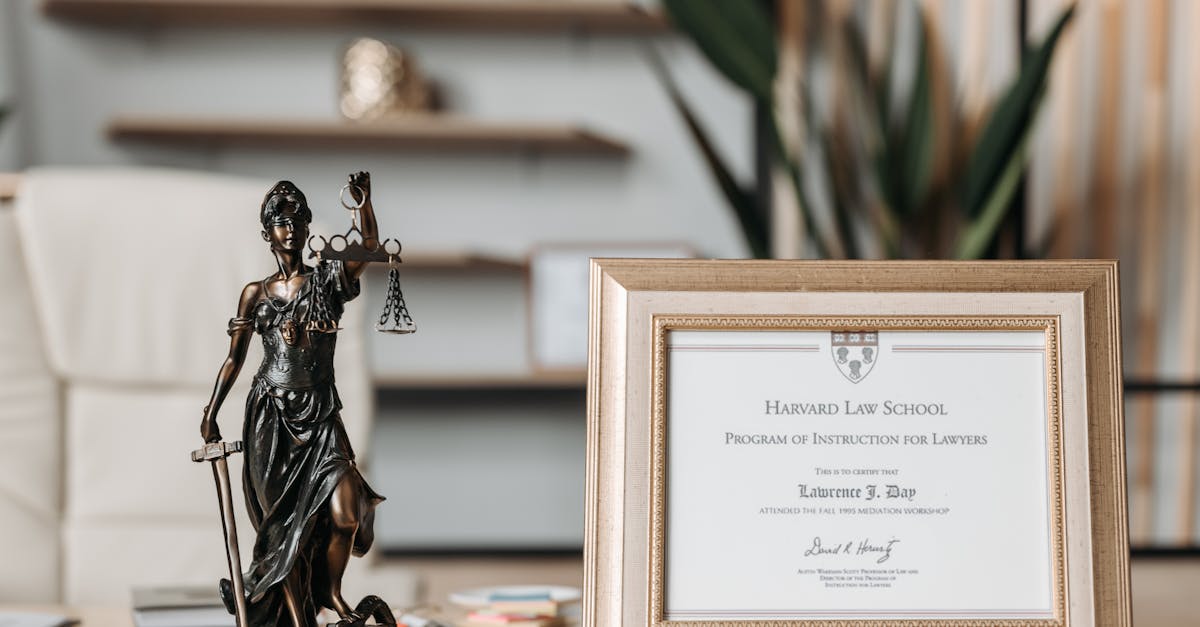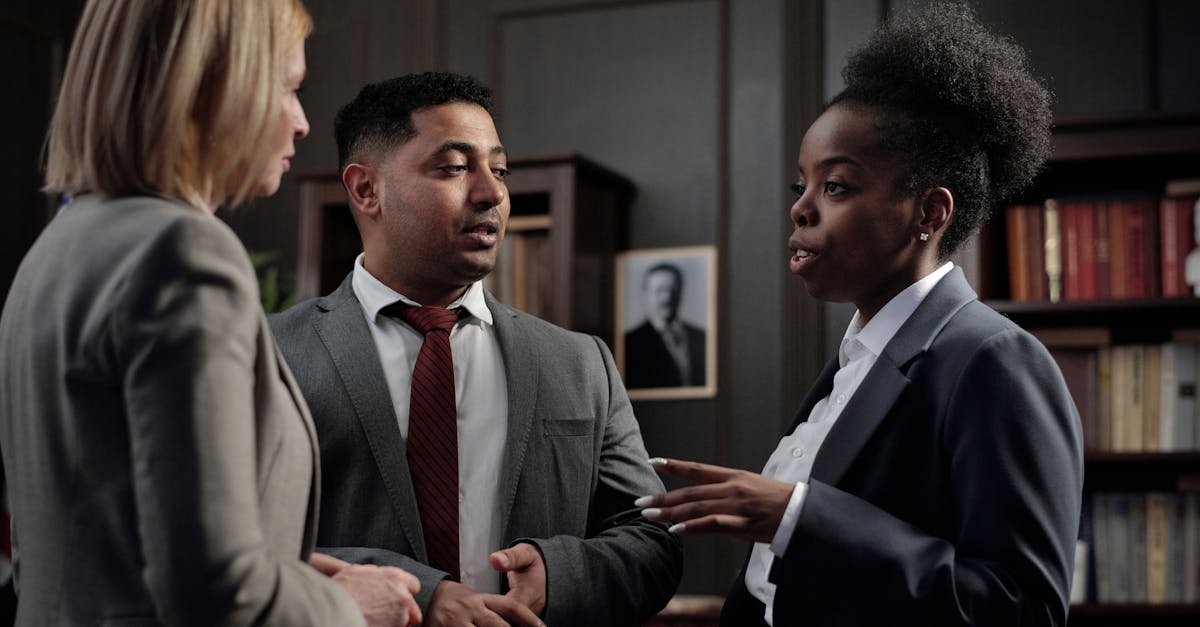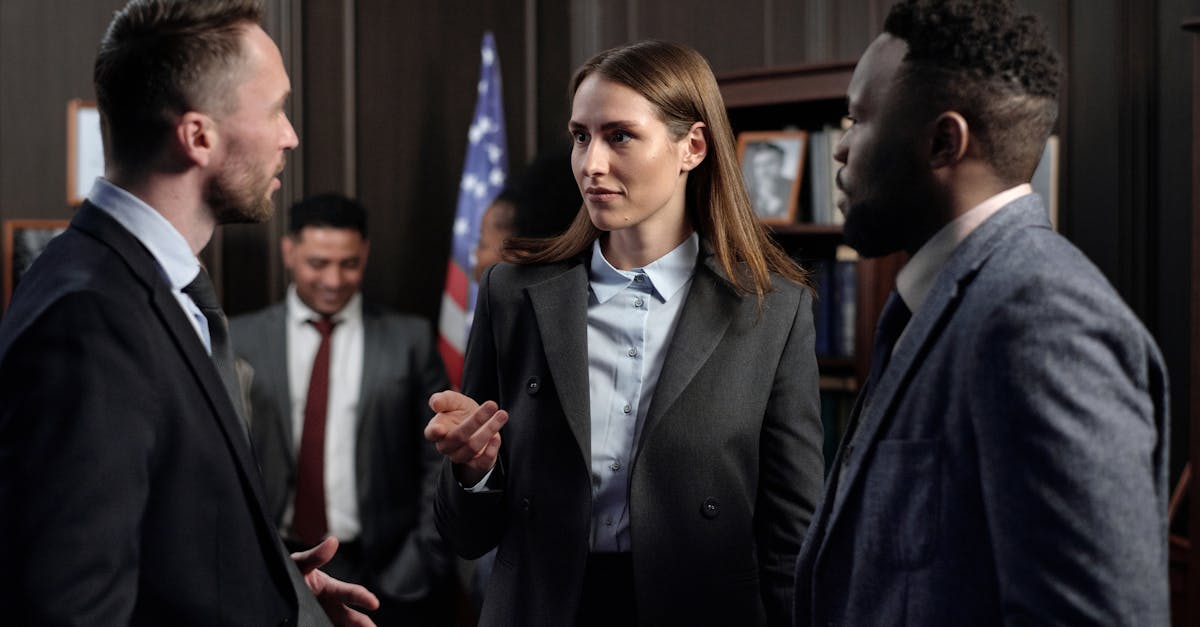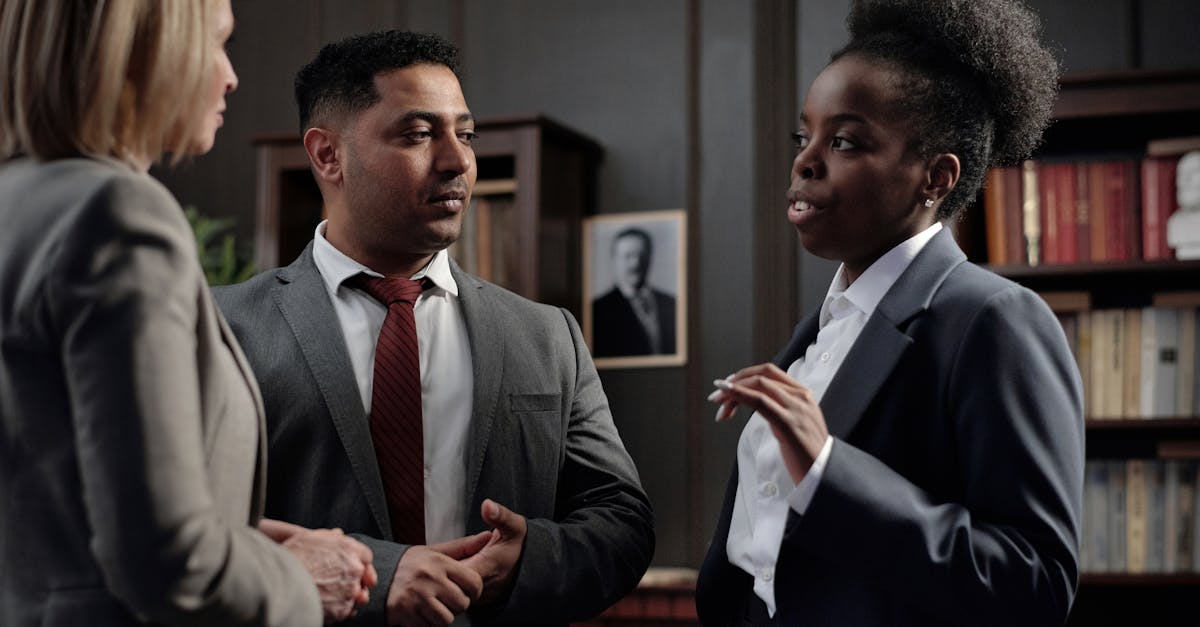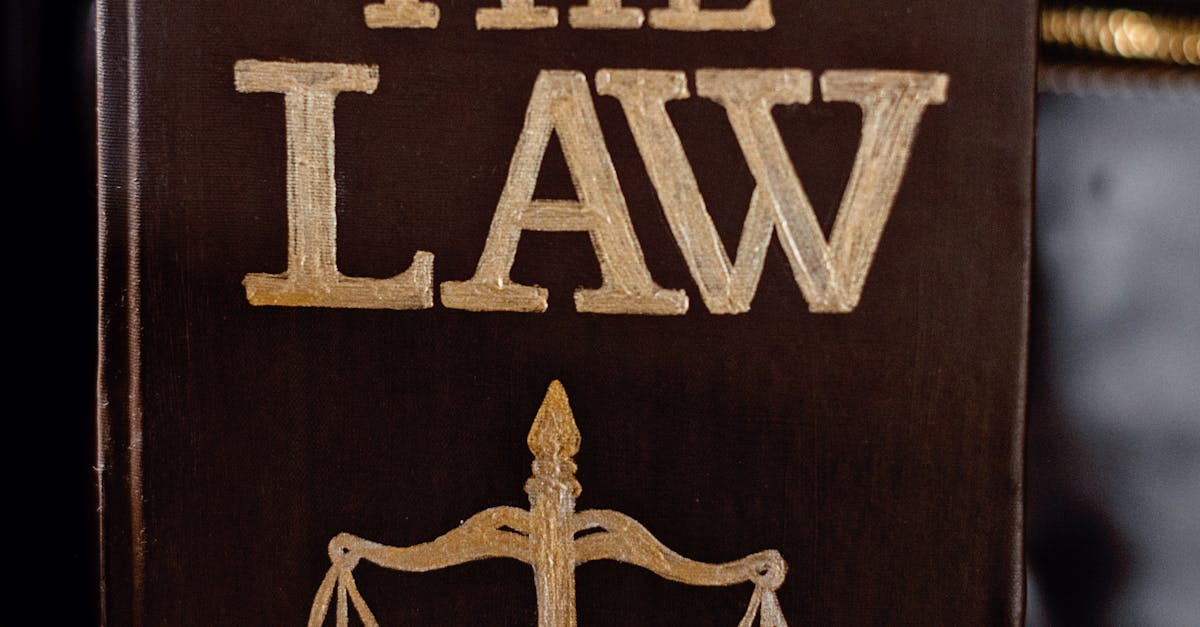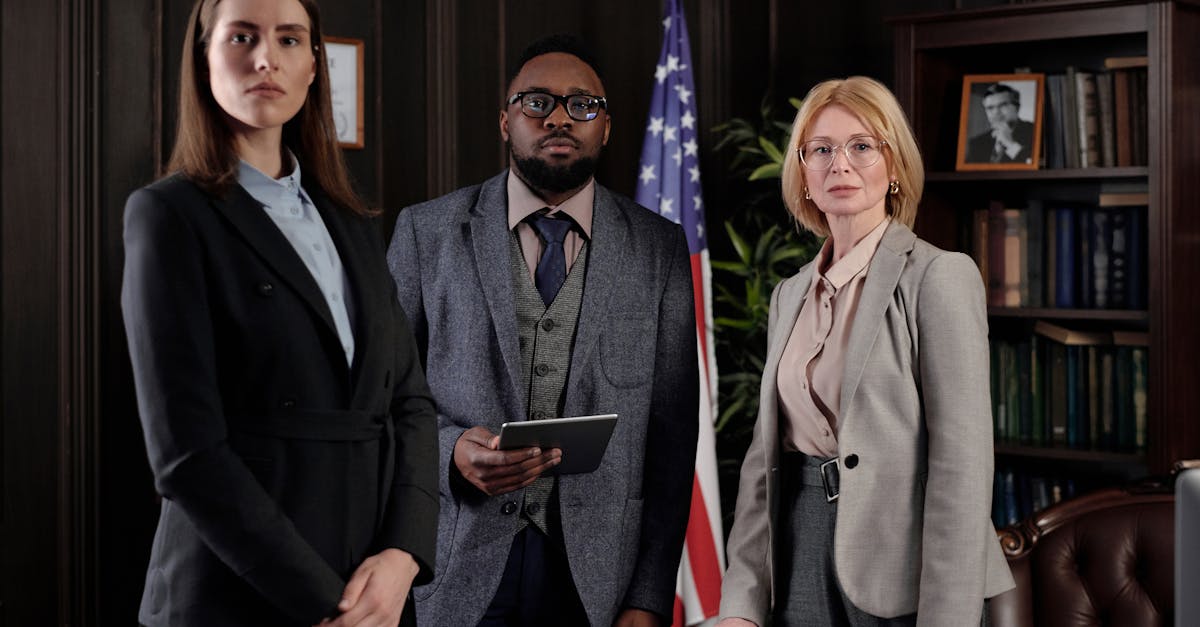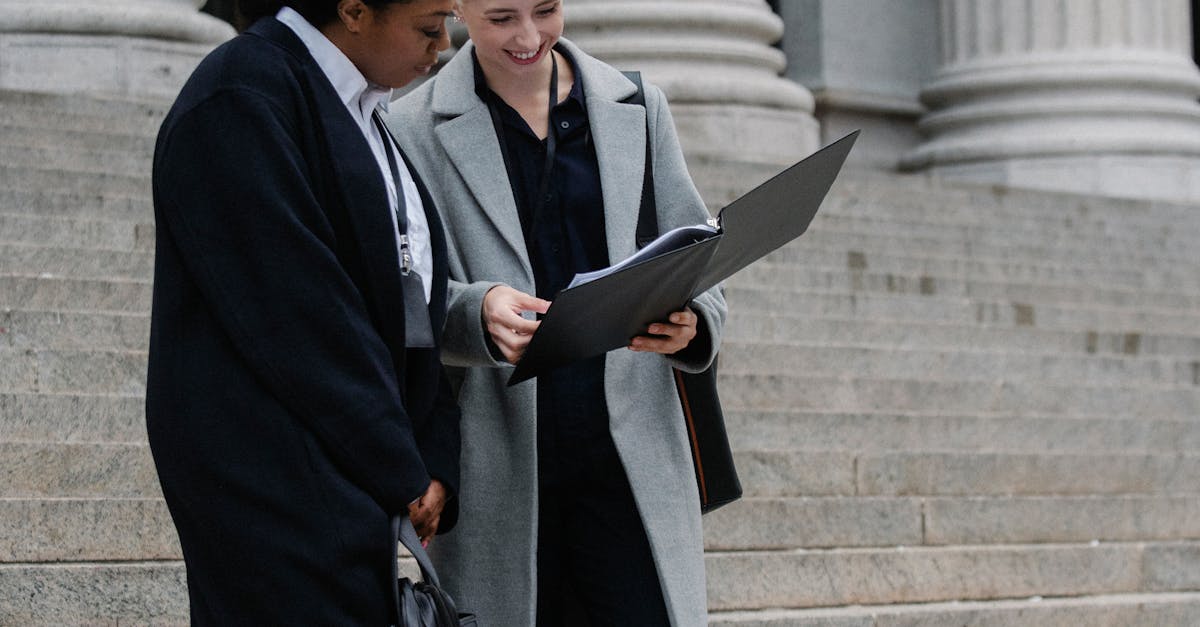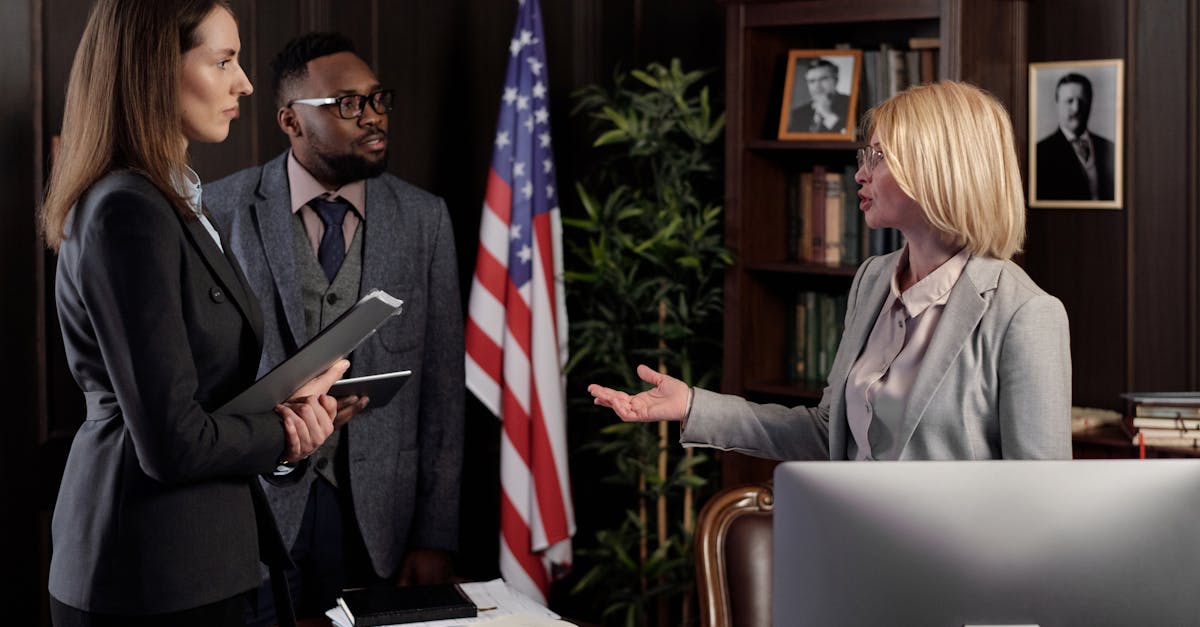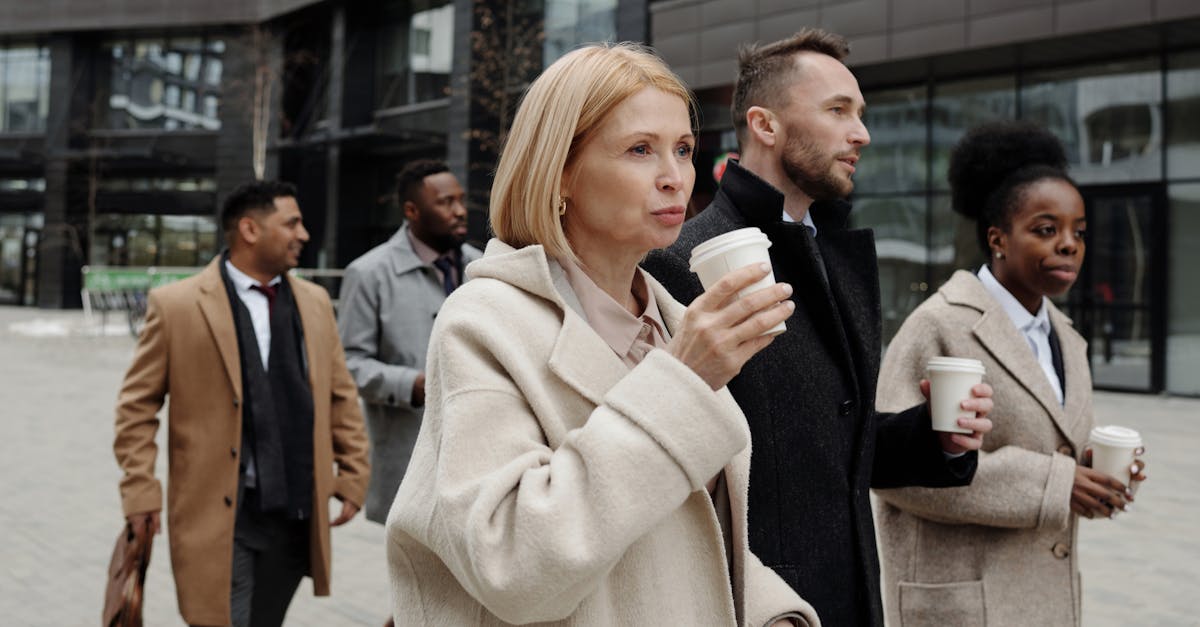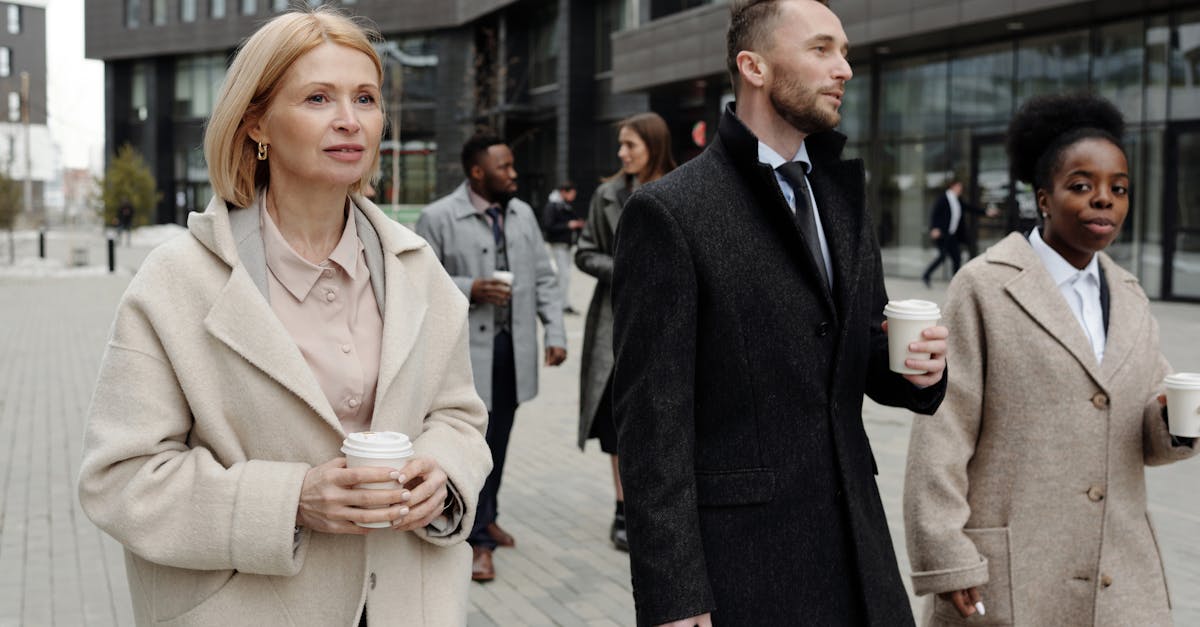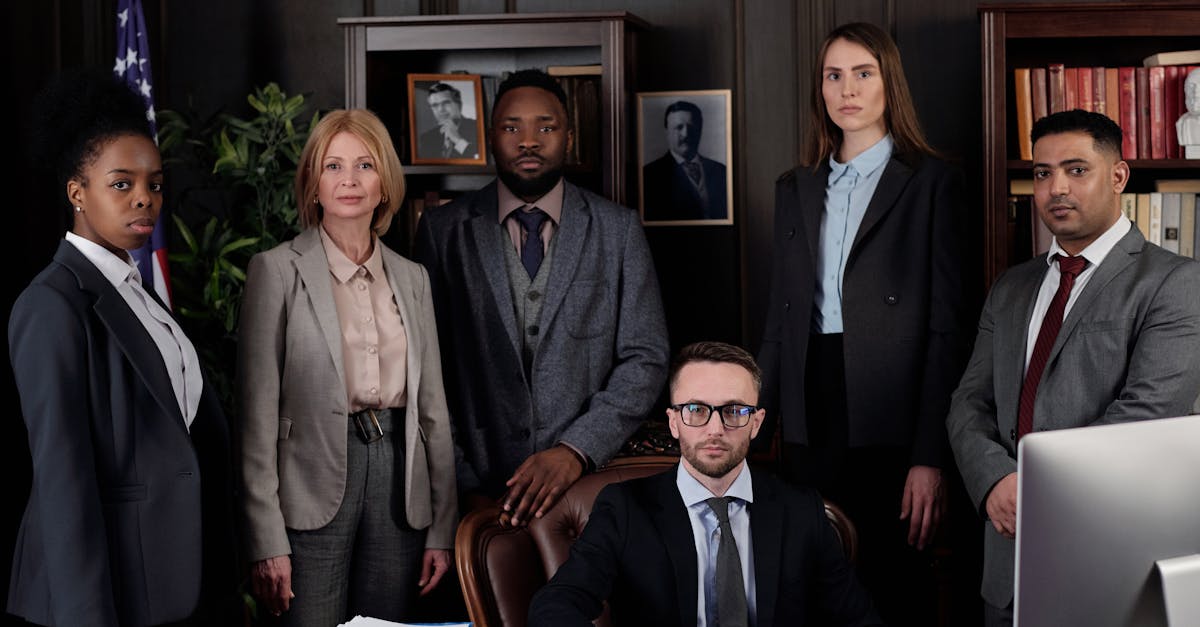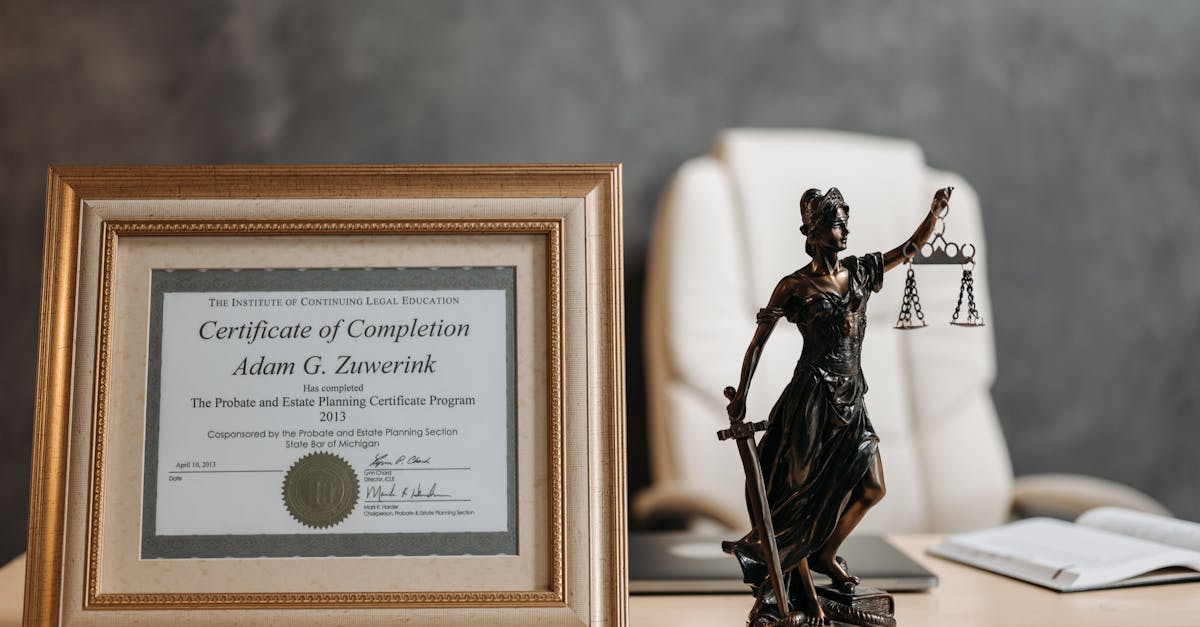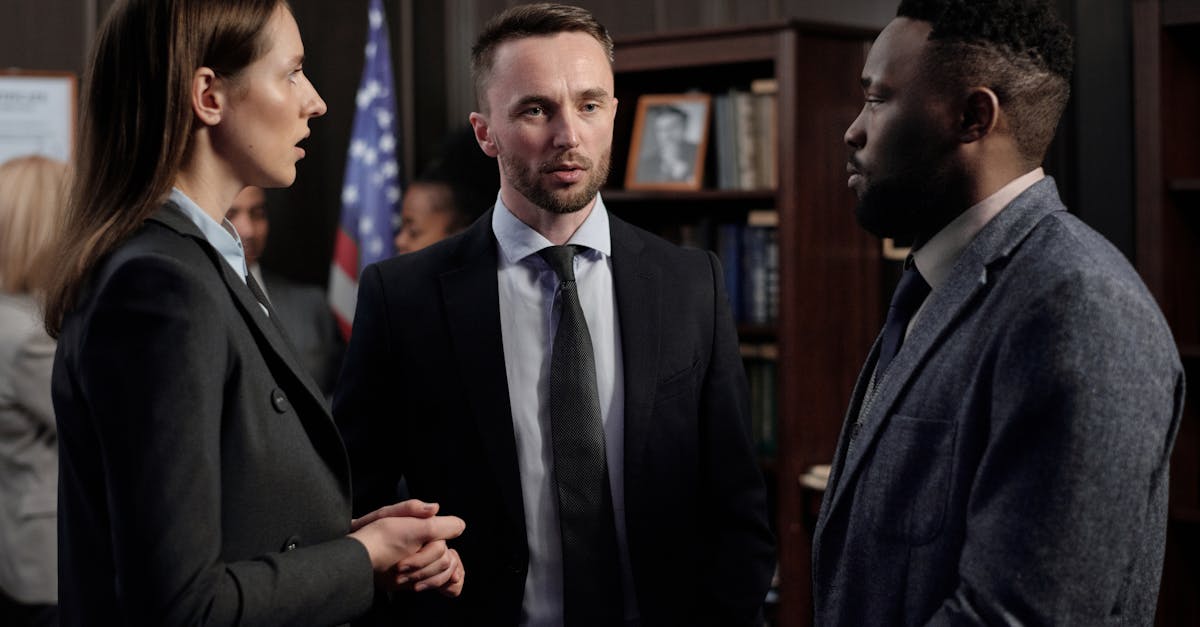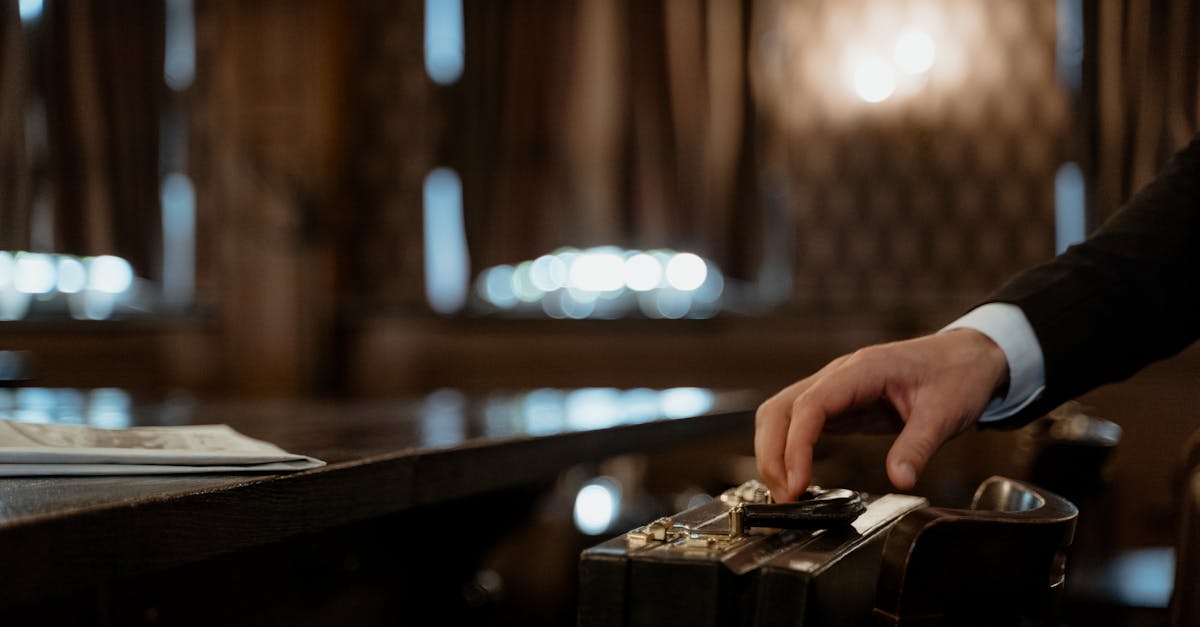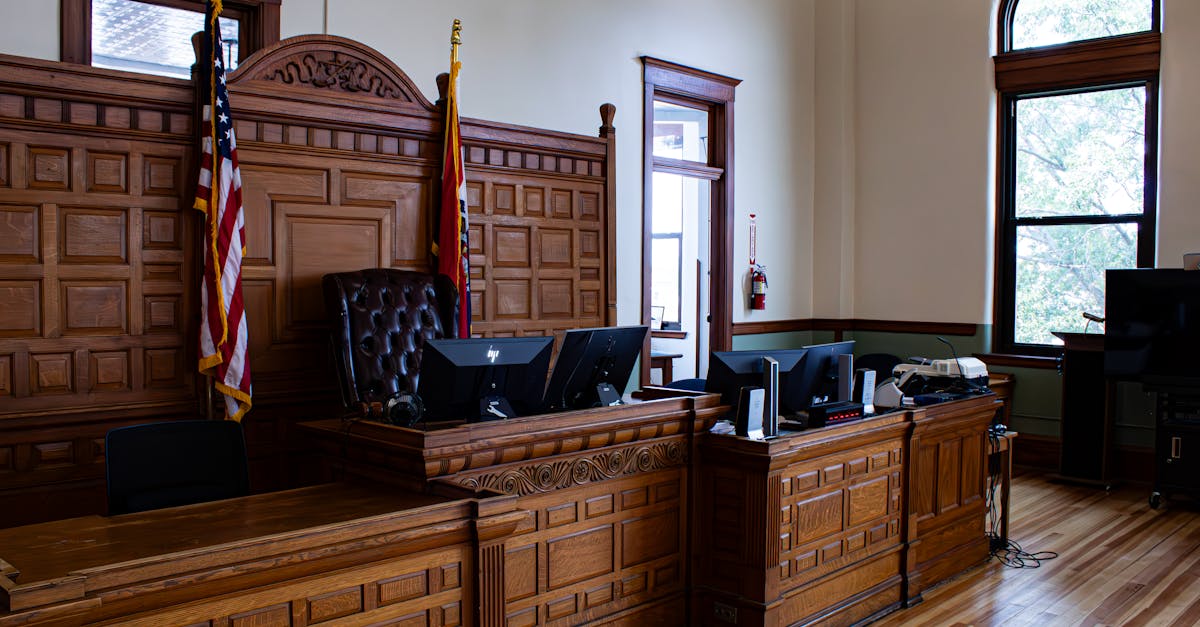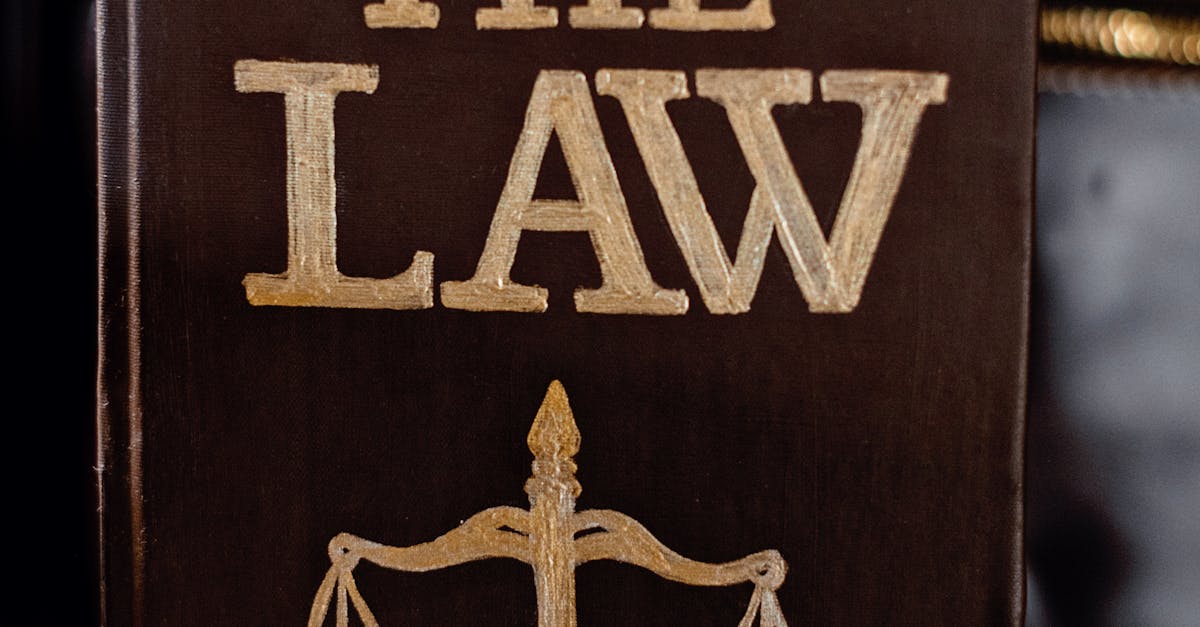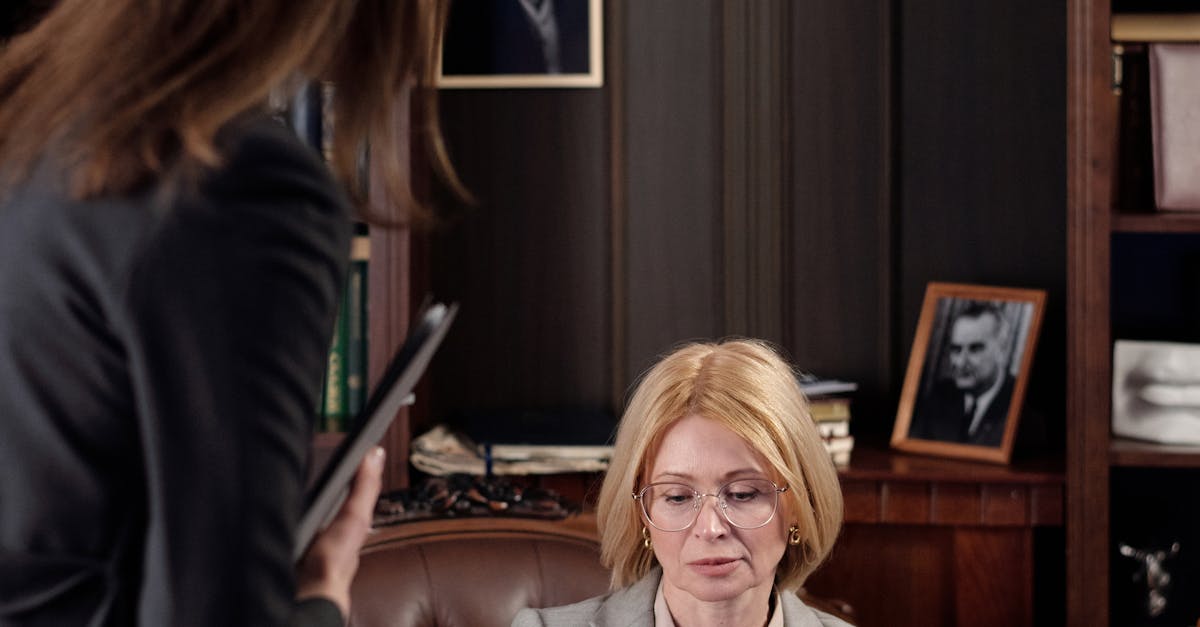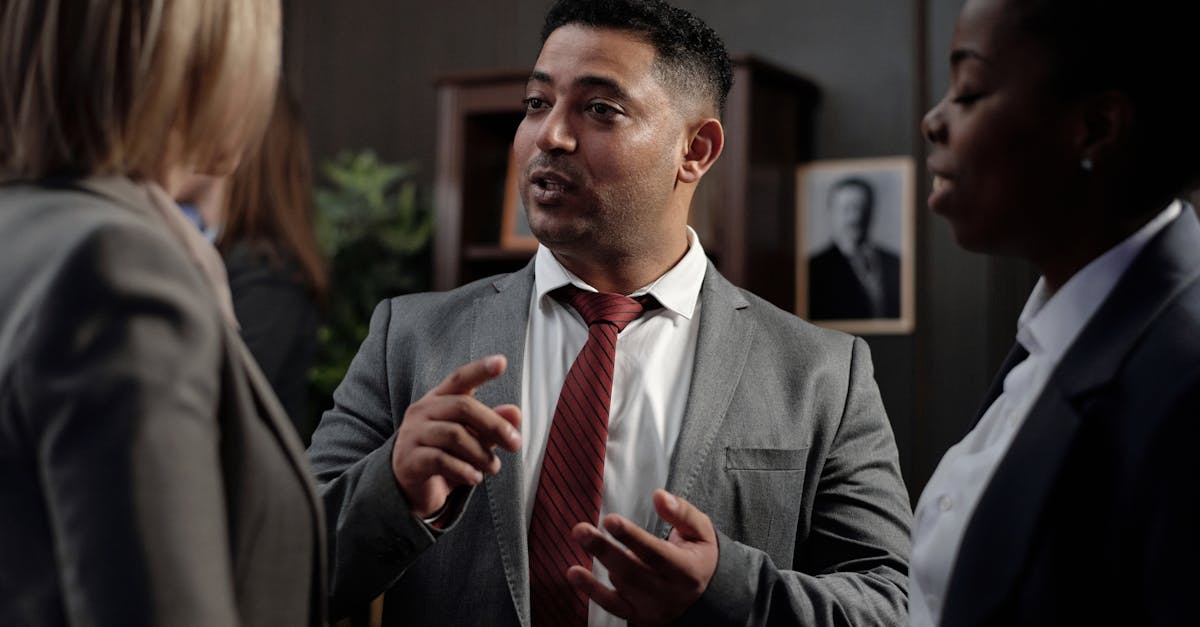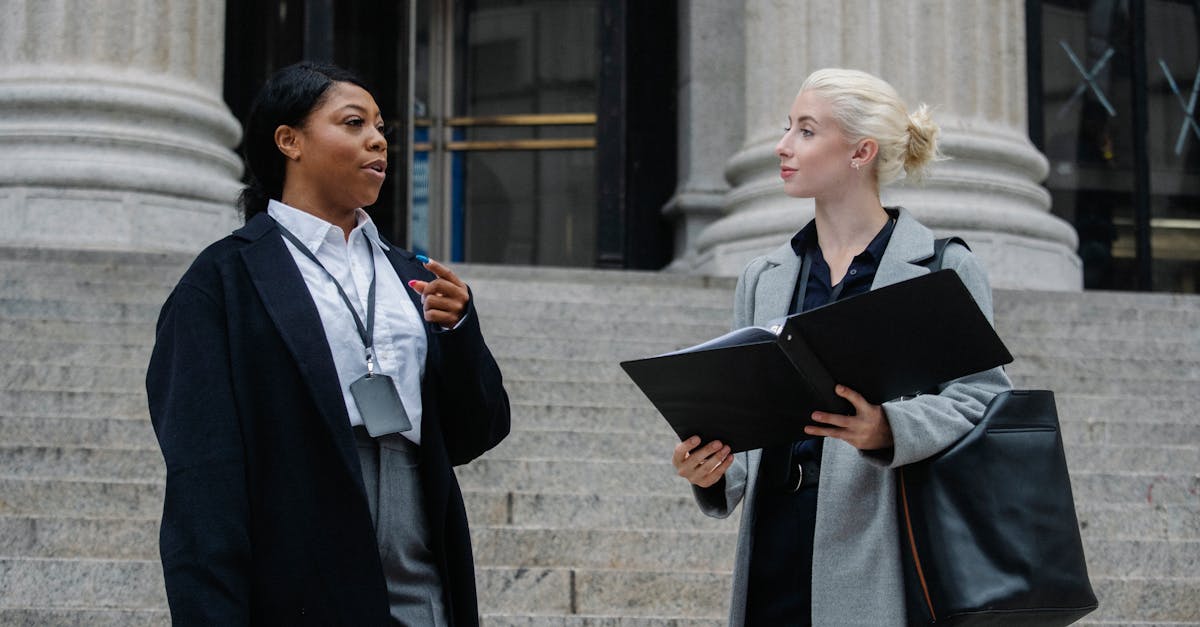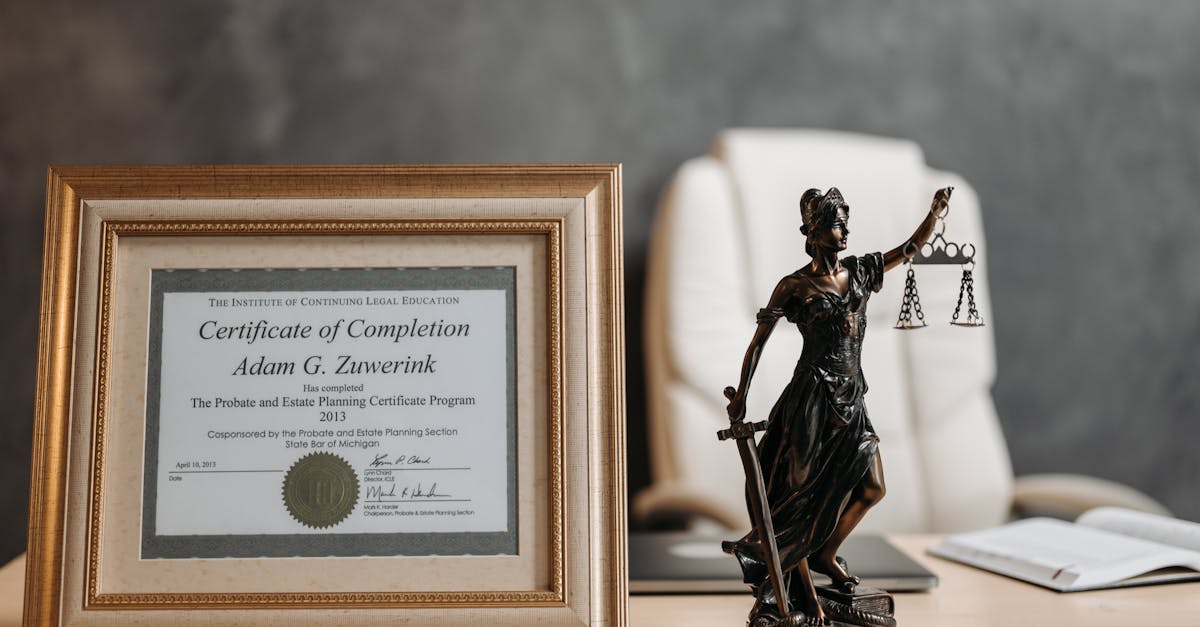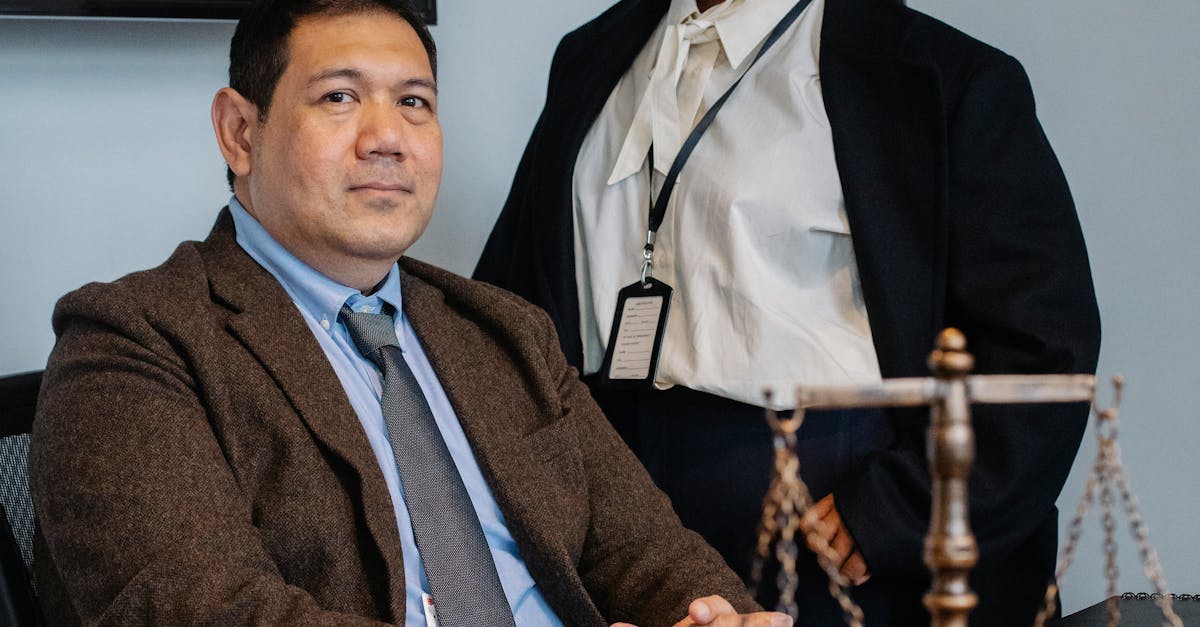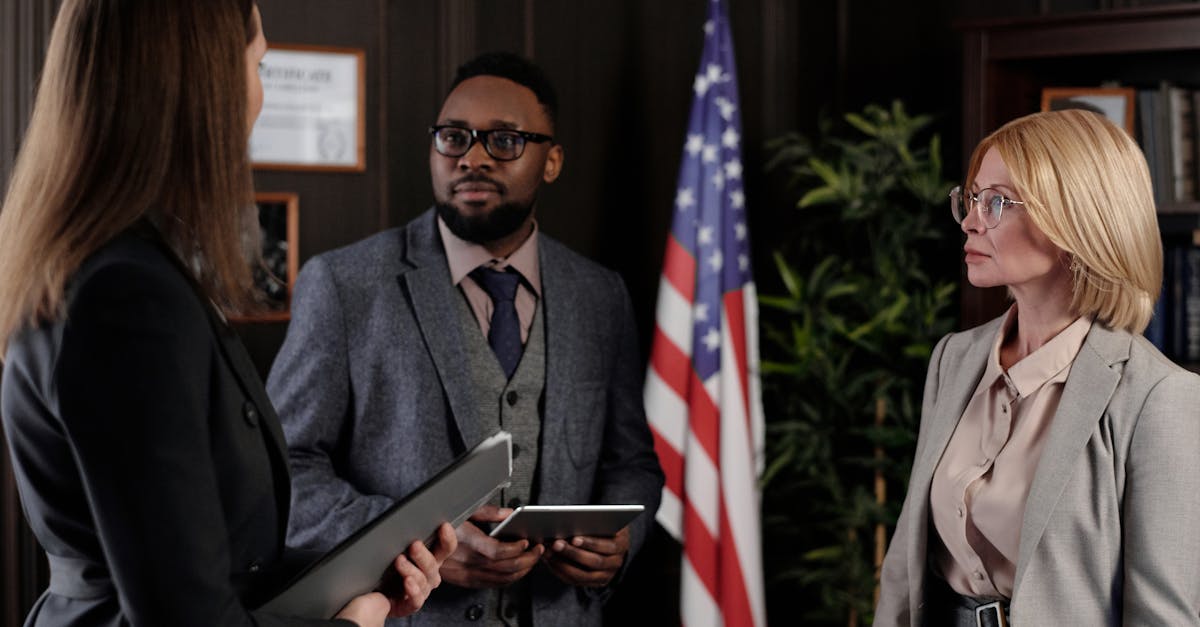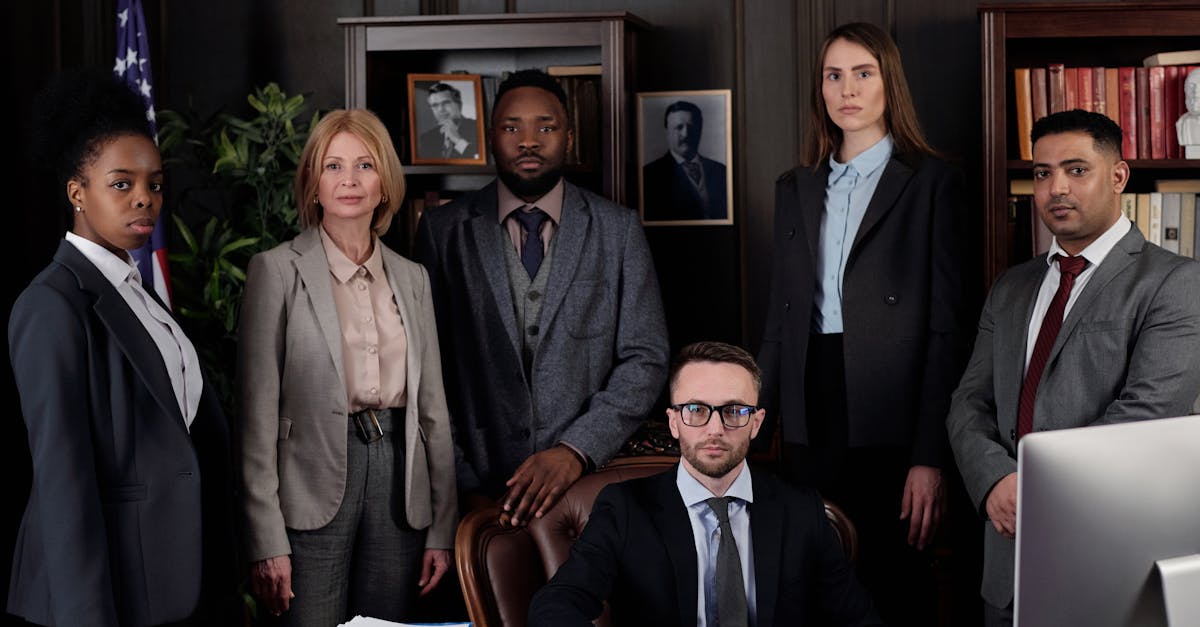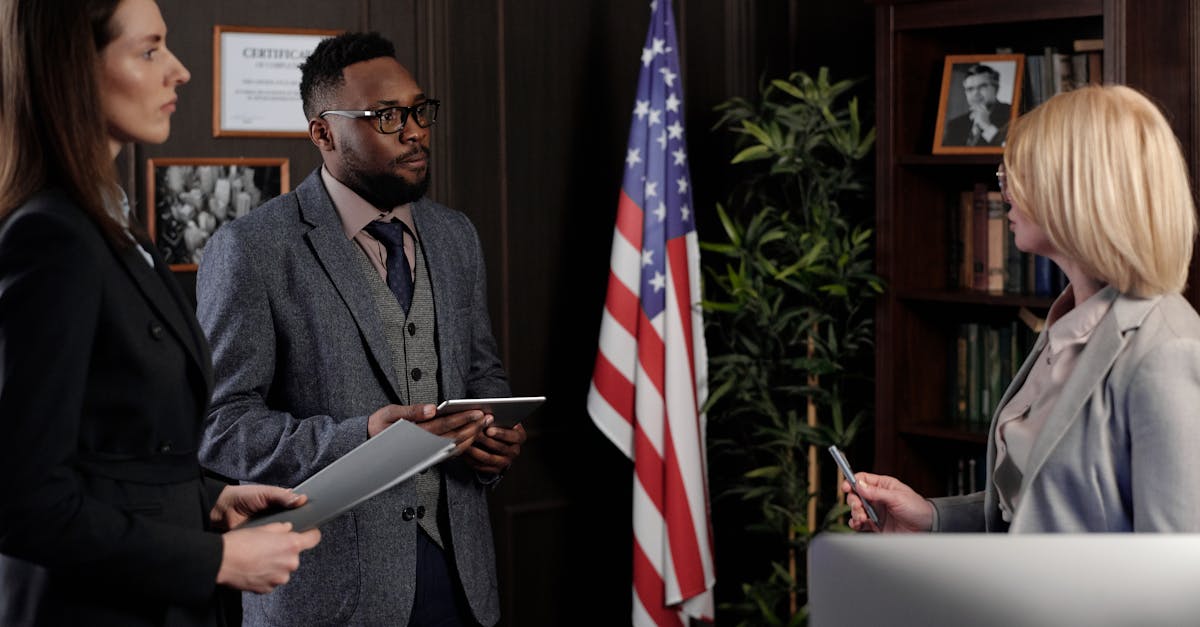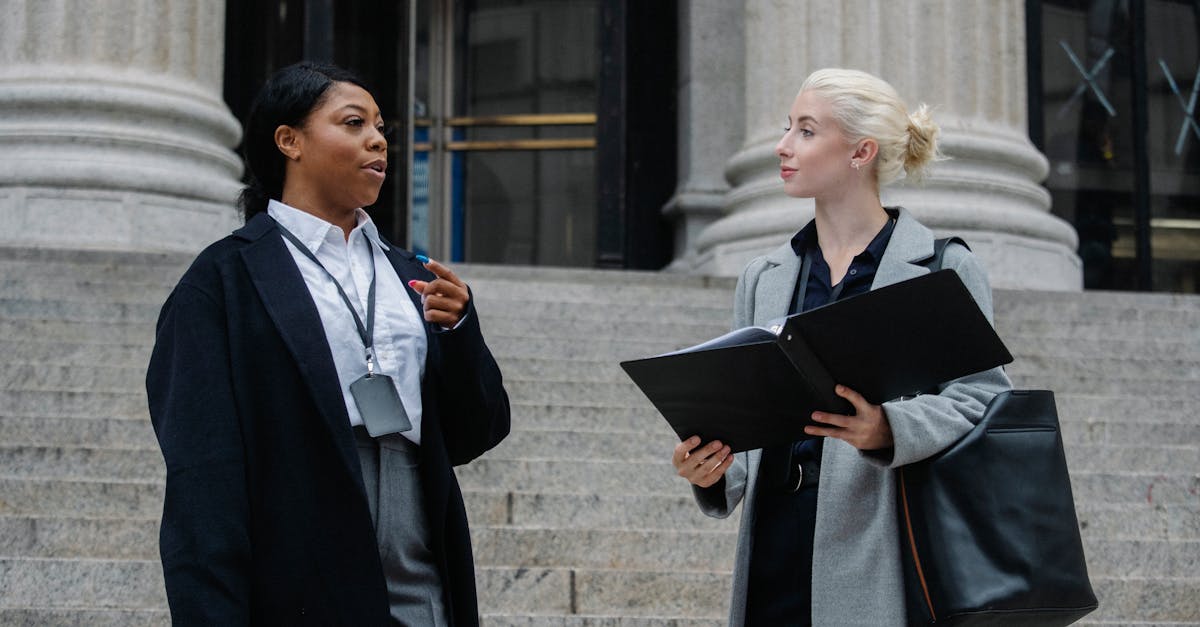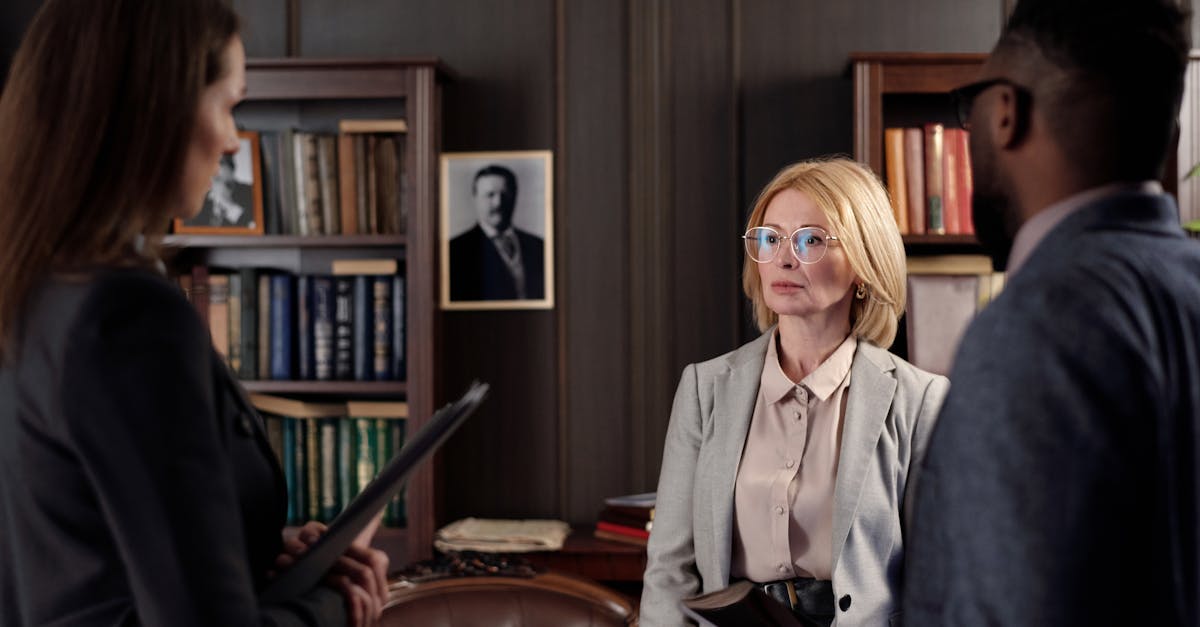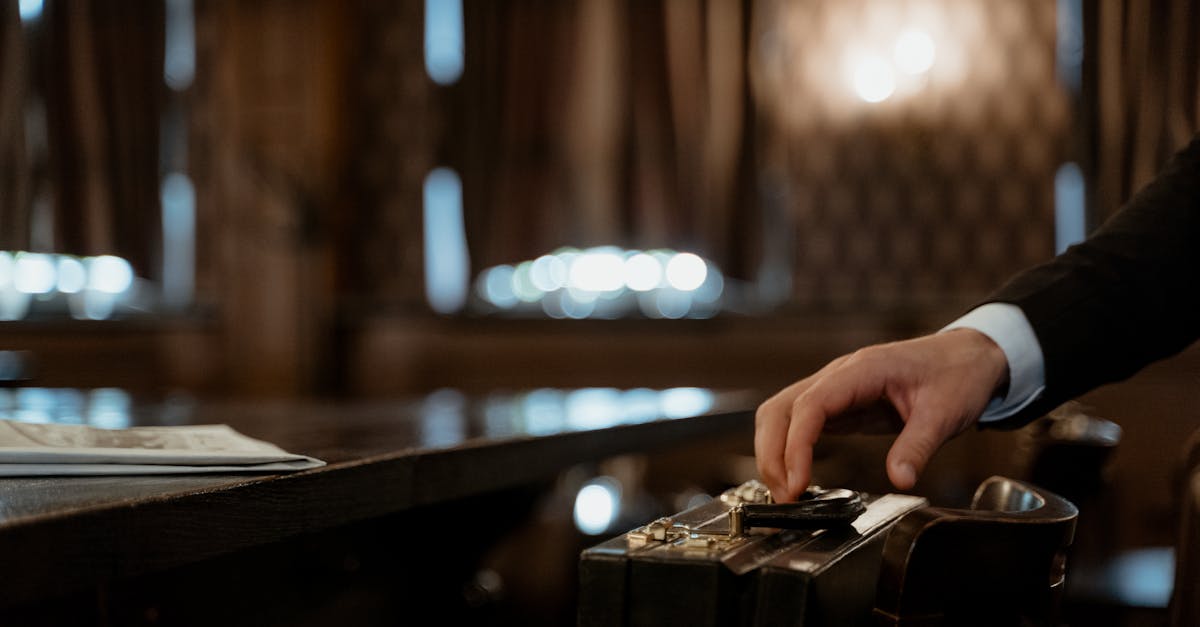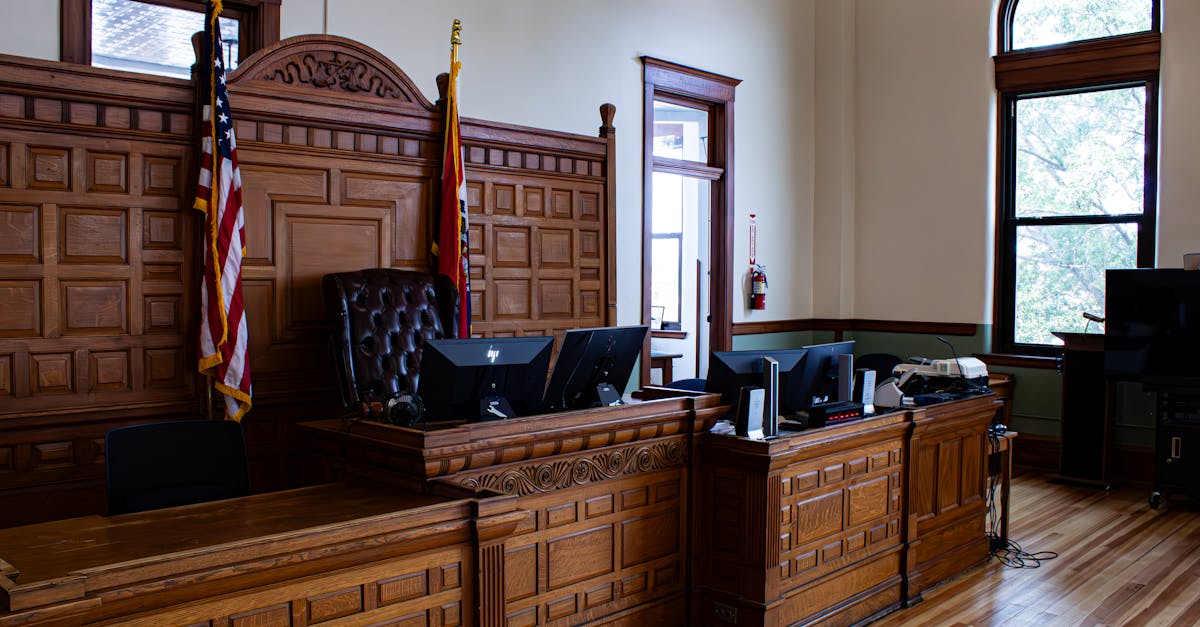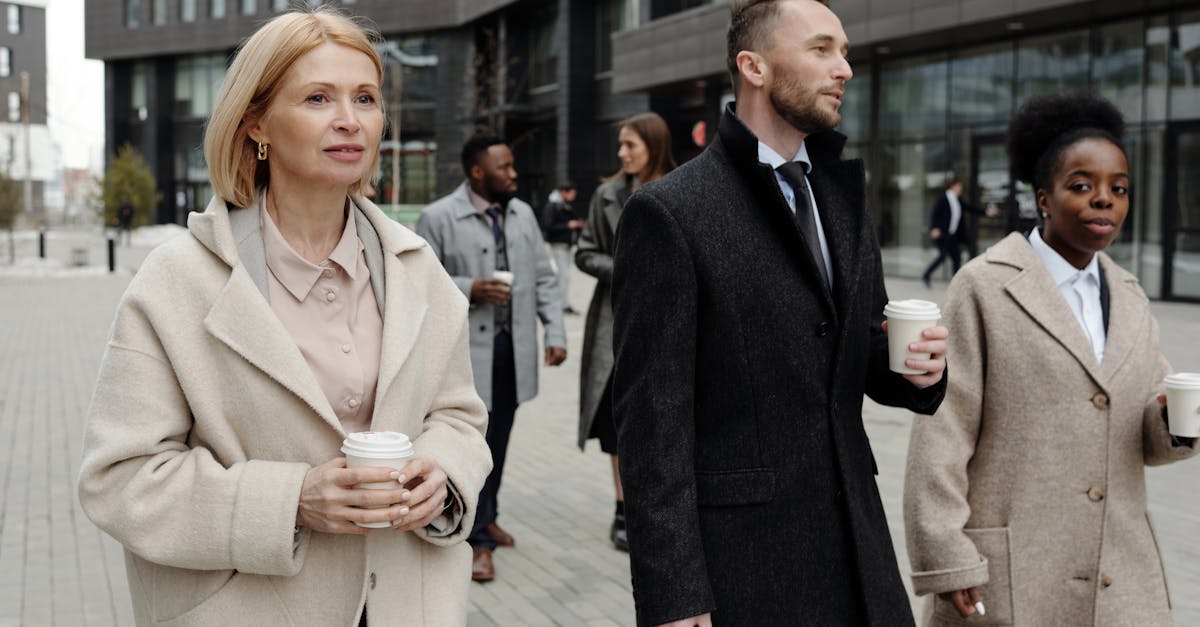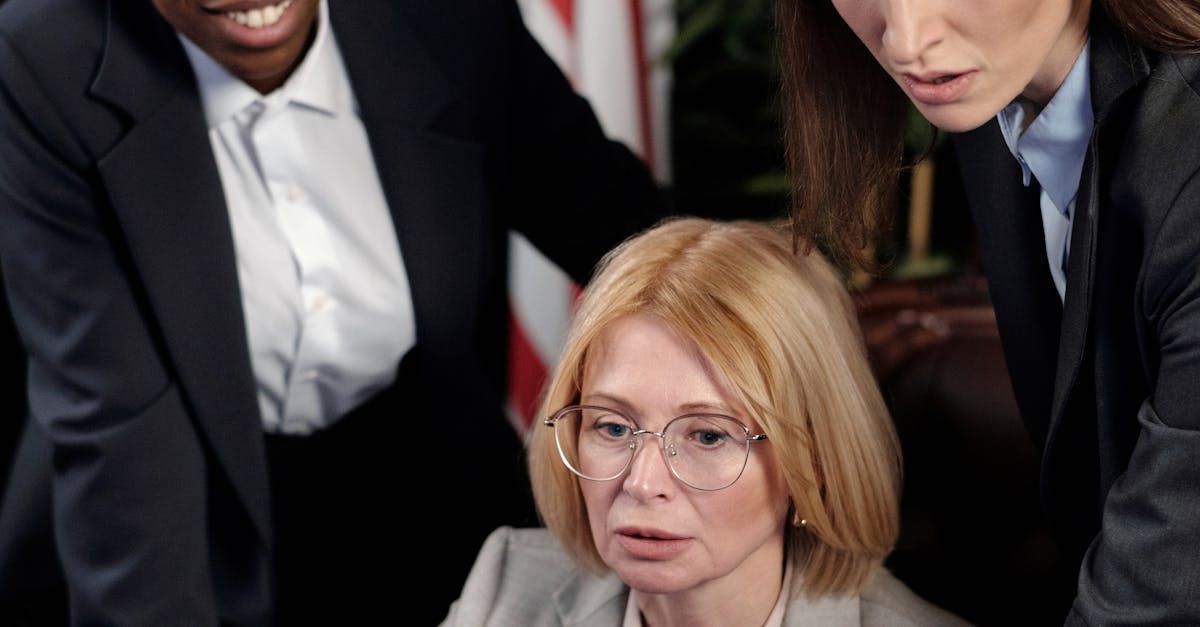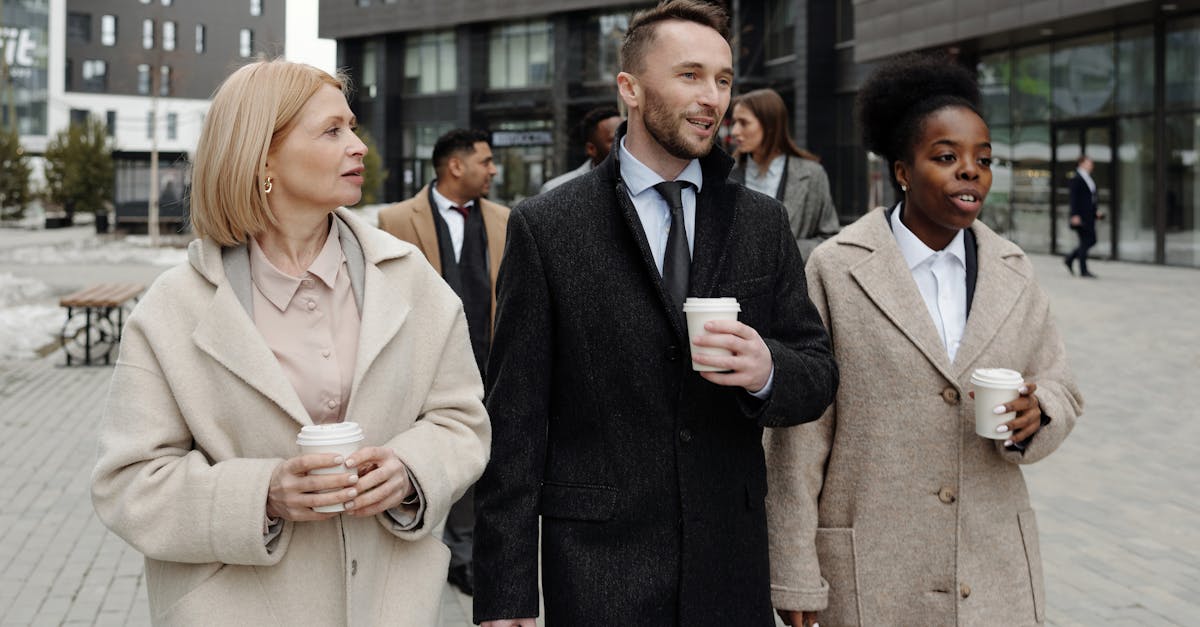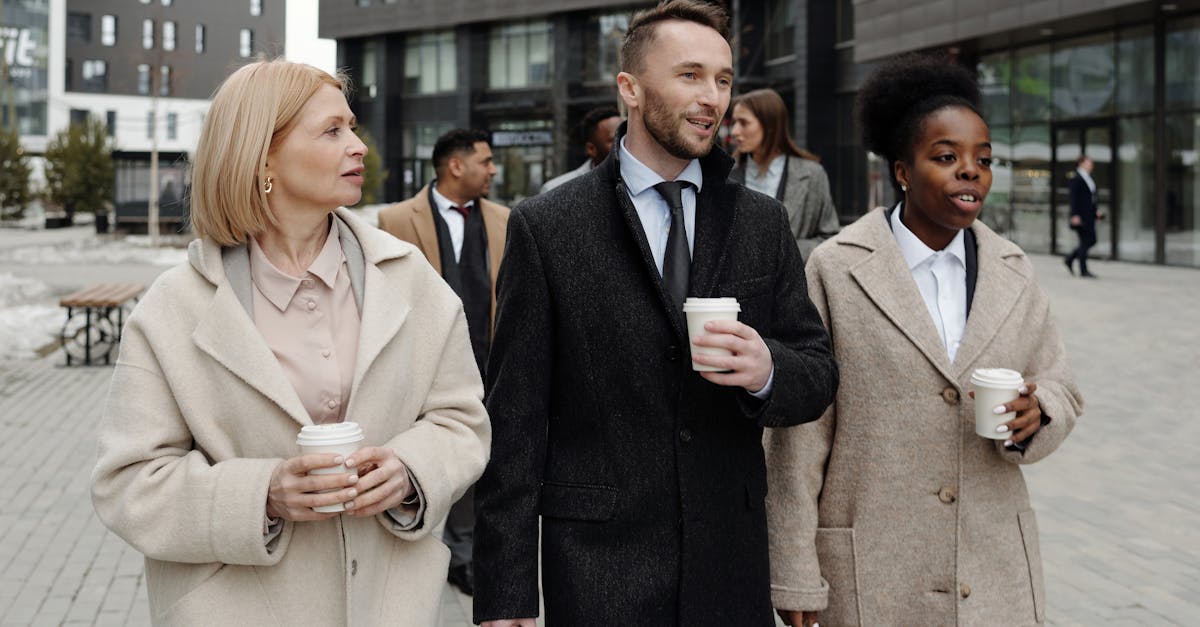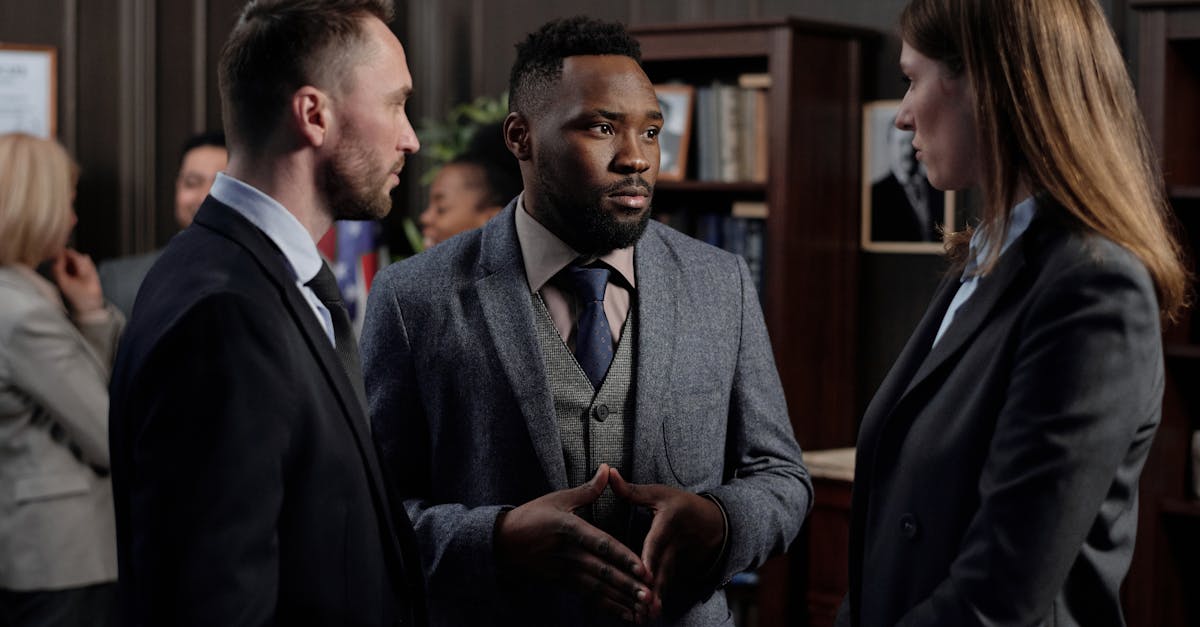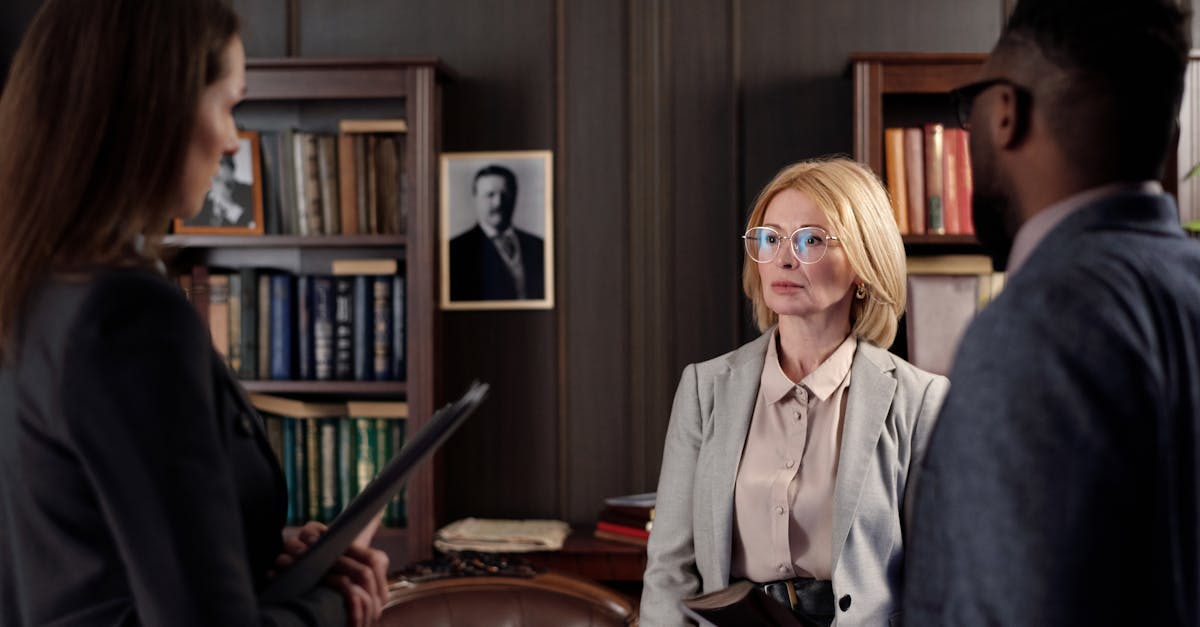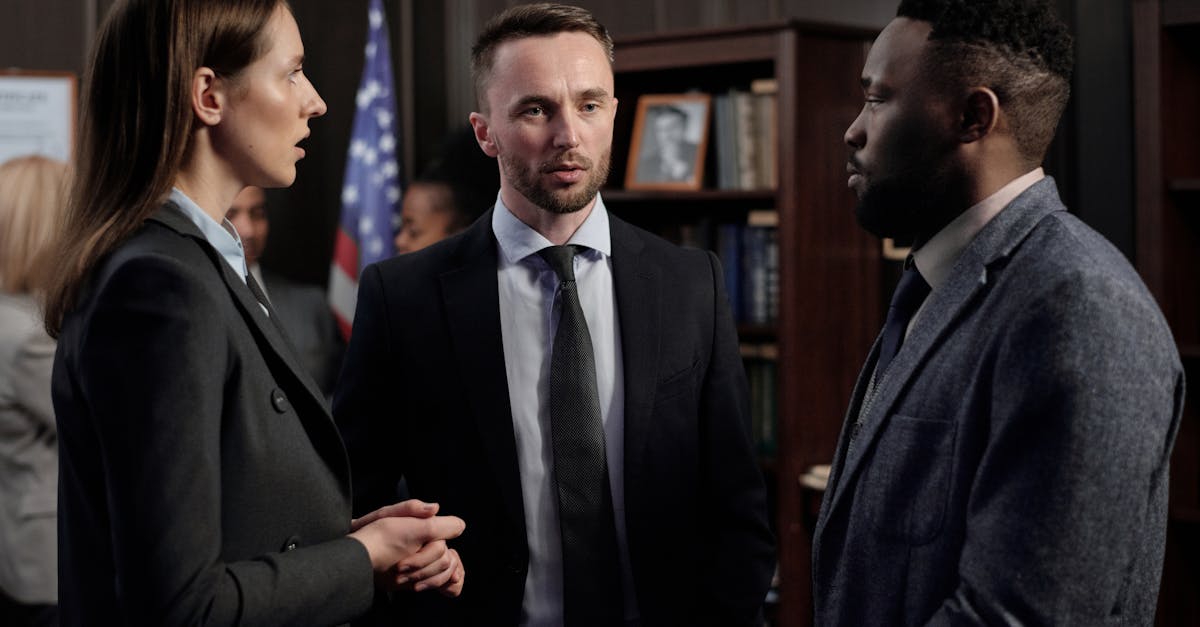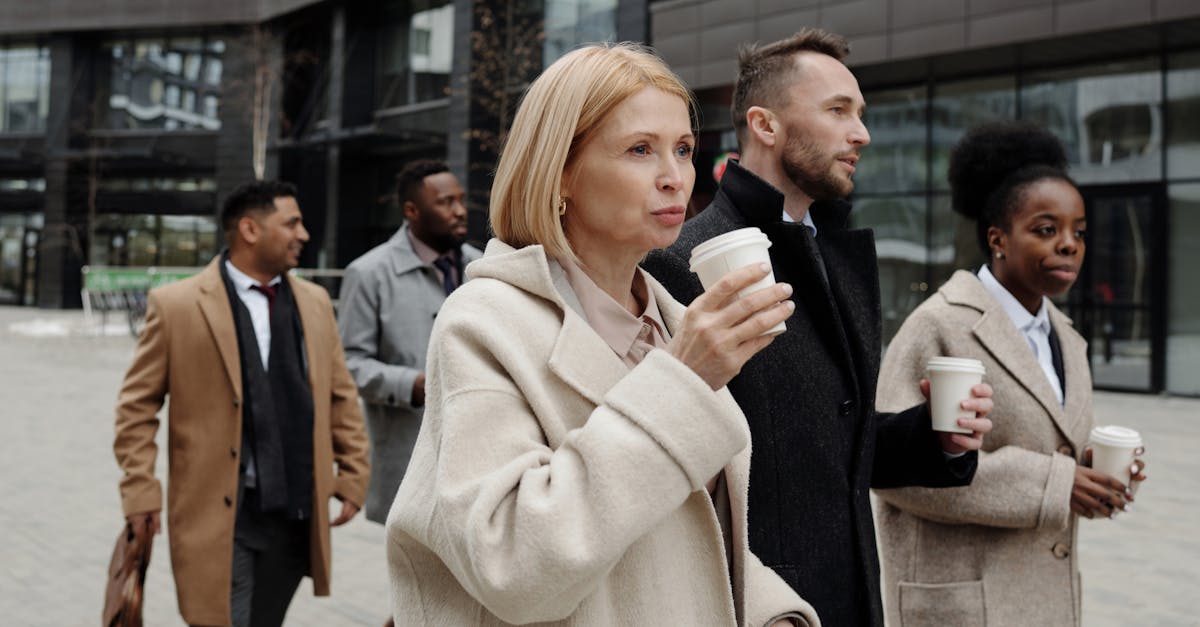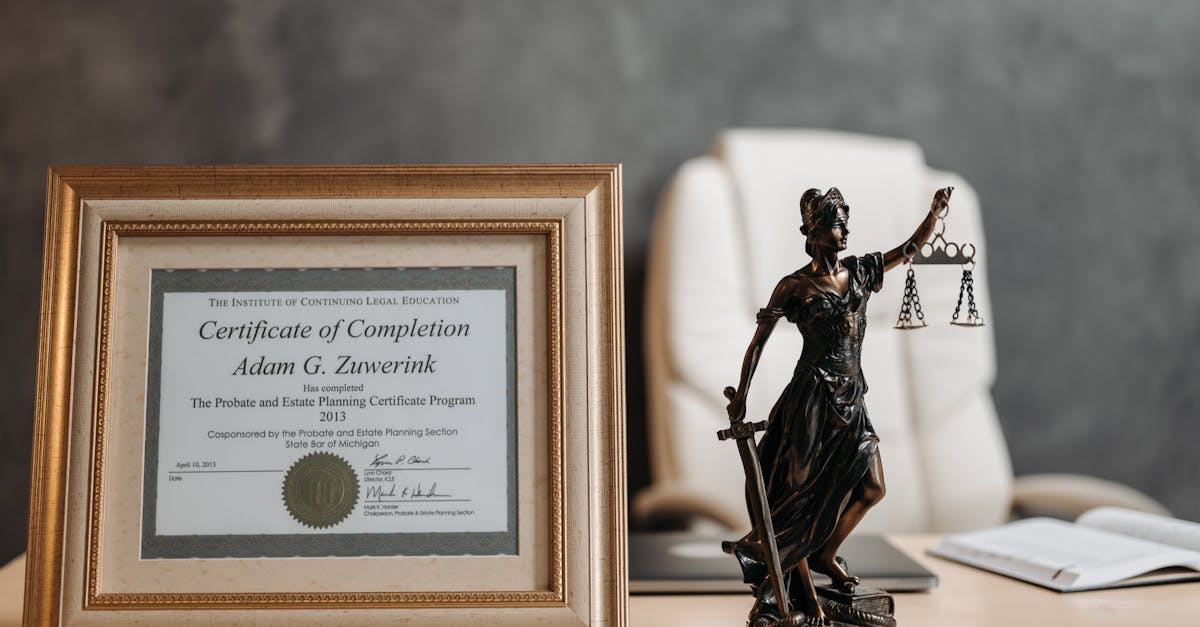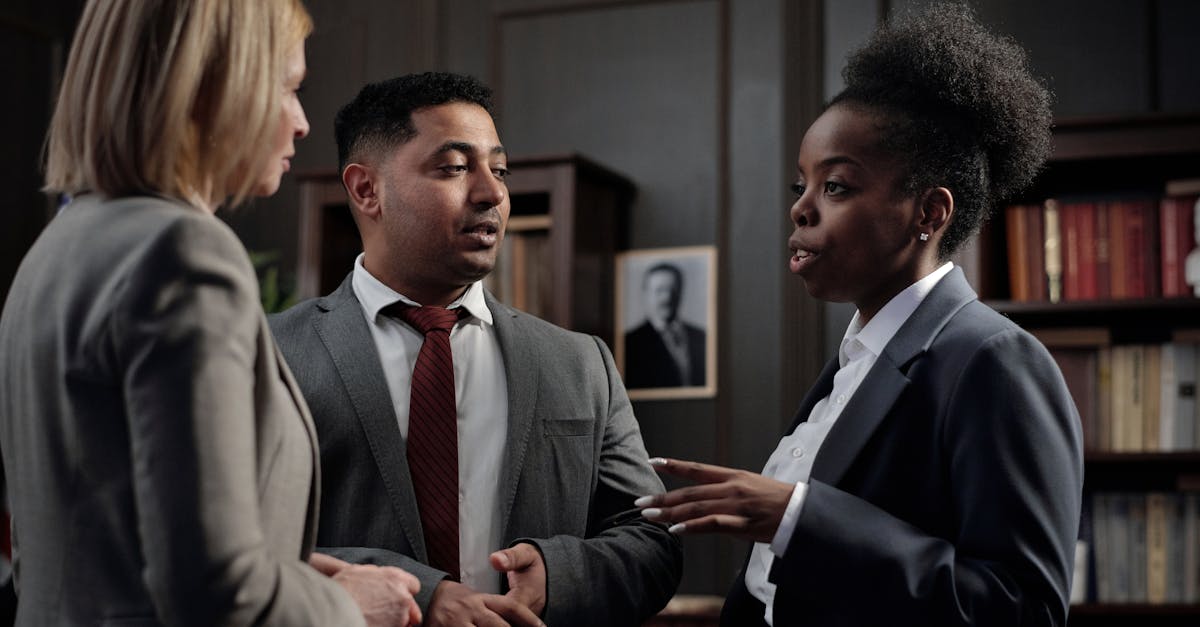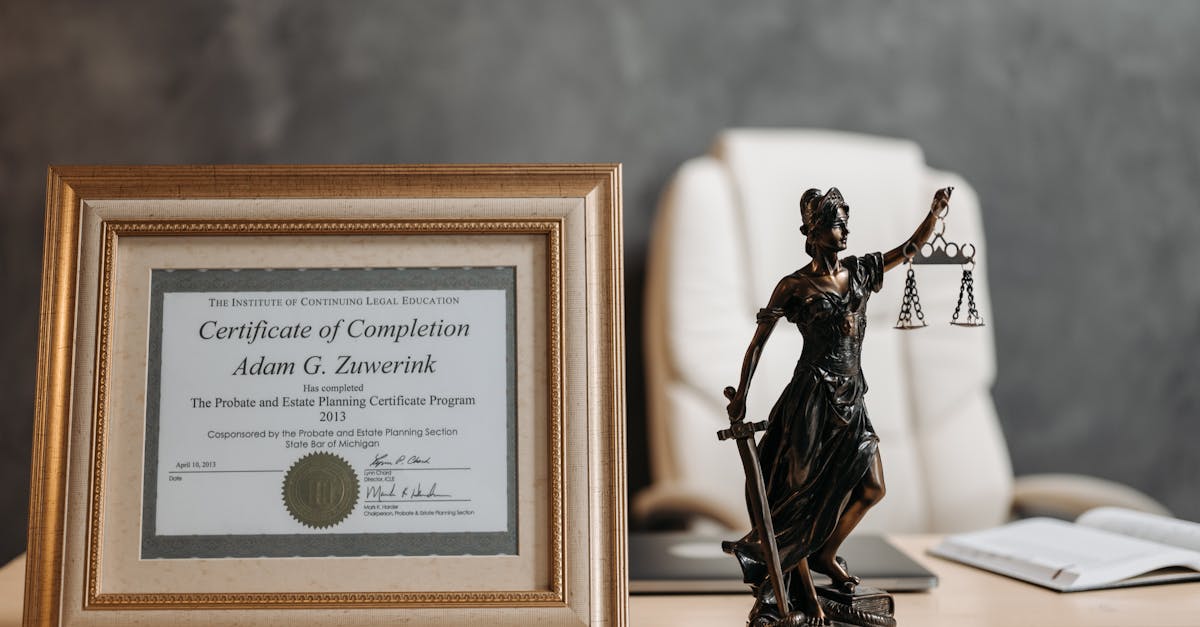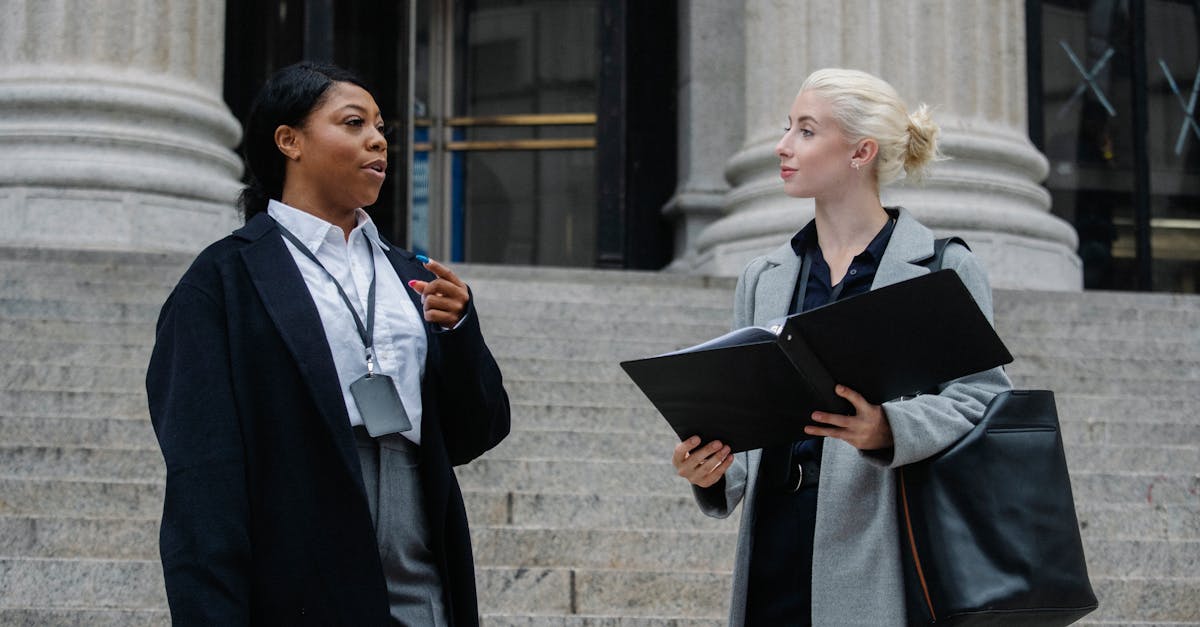Expert Contentious Probate Lawyers and Solicitors for Your Legal Needs
Key Takeaways
- Grasping Disputed Estate Matters
- Function of Disputed Estate Attorneys
- Frequent Varieties of Disputed Estate Cases
- Managing a Disputed Estate Claim
- Significance of a Contested Estate Group
- Approaches for Settling Estate Conflicts
Understanding Contentious Probate
Contentious probate arises when disputes occur over the validity of a will, the distribution of assets, or other related matters, often resulting in litigation. The role of contentious probate lawyers becomes crucial during these legal proceedings, as they provide essential legal advice and representation. Engaging solicitors skilled in this field helps navigate complex issues surrounding the application for a grant of probate. In cases that escalate, barristers may become involved, particularly if the matter reaches the court of appeal. Understanding the potential legal fees associated with hiring lawyers is important for individuals seeking legal assistance in these often emotionally charged situations. Having the right team of contentious probate lawyers can significantly impact the outcome of a case.
What is Contentious Probate?
Contentious probate refers to disputes that arise after a person's death regarding the validity of their will or the distribution of their estate. Such disagreements often involve claims from defendants who may believe they have been unfairly excluded or inadequately provided for. Contentious probate lawyers assist clients in navigating these complex legal landscapes, which may require court proceedings or alternative resolutions, such as mediation. Legal expenses insurance can help cover court costs associated with these disputes, offering a measure of financial protection to those involved.
The role of a solicitor in contentious probate cases is crucial, as they provide legal guidance and representation throughout the process. A judge ultimately adjudicates these matters in court when negotiations fail, making it essential to prepare a robust case. The Society of Trust and Estate Practitioners emphasizes the importance of understanding the laws regarding wills and estates. Cases may also be resolved out of court, highlighting the expertise of contentious probate lawyers in negotiating settlements without the need for a full trial.
| Type of Dispute | Description | Common Examples |
|---|---|---|
| Validity of Will | Challenges to the legality of the will, such as doubts about the testator's mental capacity or undue influence. | Claims that the will was not properly executed or signed. |
| Disputed Beneficiaries | Claims made by individuals who argue they were unfairly left out of the will or inadequately provided for. | Claims by children or partners asserting their entitlement to a share of the estate. |
| Trust Administration | Disagreements regarding the management and distribution of a trust established in the will. | Claims that trustees are mismanaging funds or not acting in beneficiaries' best interests. |
| Estate Debts | Disputes over how outstanding debts of the deceased are settled before inheritance is distributed. | Claims by creditors asserting their right to payment from the estate. |
Why You Might Need Contentious Probate Lawyers
Contentious probate lawyers are essential when disputes arise regarding the validity of a will or the distribution of an estate. Beneficiaries or defendants may find themselves in complex situations, especially if there are claims made under the Inheritance (Provision for Family and Dependants) Act 1975. These disputes can often lead to lengthy negotiations or even necessitate a court order if amicable resolutions cannot be reached. Understanding your rights and obligations within the estate administration process requires the expertise of contentious probate lawyers to navigate the intricacies of the Wills Act 1837 and related legal frameworks.
The involvement of contentious probate lawyers is crucial for civil partners and beneficiaries who may be challenging a will or seeking clarification on their entitlements. With their expertise, these lawyers can help defend against unfounded claims or pursue rightful inheritance claims. Their role extends beyond negotiations; they provide guidance through the legal proceedings necessary to obtain a favourable judgment. Engaging with experienced lawyers ensures that all potential issues are addressed, safeguarding the interests of those involved in the contentious probate process.
Role of Contentious Probate Solicitors
Contentious probate lawyers play a pivotal role in managing disputes related to wills and the distribution of a residuary estate. Their expertise not only assists claimants in asserting their rights but also supports executors and trustees in navigating the complexities of estate planning and obligations towards creditors. By offering guidance on alternative dispute resolution methods, contentious probate lawyers can help minimise costs and avoid prolonged litigation. They are essential in assessing the legitimacy of claims and ensuring that the estate is administered equitably, all while being transparent about their fees so that clients are well-informed throughout the process.
Services Offered by Contentious Probate Solicitors
Contentious probate solicitors provide a wide range of services tailored to address the complexities arising from probate disputes. They assist clients in navigating through contentious probate claims, ensuring that legal rights regarding property and assets are upheld. Expert guidance is offered throughout the litigation process, and these contentious probate experts are equipped to handle various contentious probate matters, including disputes over the validity of wills and claims regarding financial provision. Clients benefit from the experience of contentious probate lawyers who understand the nuances of probate litigation.
Engagement with contentious probate solicitors can significantly enhance the prospects of success in a contentious probate case. These probate disputes lawyers work to gather necessary evidence and prepare compelling arguments to support their clients’ positions. Their skills are crucial in negotiations and court appearances, as they advocate for fair resolutions regarding insurance claims and property distribution. By leveraging their expertise, contentious probate solicitors help clients to achieve their desired outcomes in often emotionally charged disputes, ensuring that all legal avenues are thoroughly explored.
How Contentious Probate Solicitors Can Assist
Contentious probate refers to the legal processes involved when disputes arise over a deceased person’s estate. This can include challenges to the validity of a will or disagreements amongst beneficiaries. Contention often leads parties to seek the expertise of contentious probate lawyers who specialise in navigating these complexities. An experienced probate litigation solicitor can offer invaluable guidance, ensuring that clients understand their rights and the potential outcomes of a contentious probate claim.
A contentious probate team is essential for addressing the various issues that can emerge during probate disputes. These professionals work collaboratively to investigate claims, gather necessary evidence, and develop strategies for resolution. A contentious probate specialist will assess each case's unique aspects, thereby providing tailored advice and support. Engaging skilled probate solicitors helps ensure that contentious probate issues are handled effectively and efficiently, ultimately aiming for the best possible resolution for all parties involved.
Common Types of Contentious Probate Cases
Contentious probate lawyers often encounter a variety of contested probate cases, each presenting unique challenges. Disputes over wills and their validity frequently arise, leading to probate-related disputes that necessitate the expertise of experienced lawyers. These probate issues can include challenges to the legitimacy of a will or claims that it does not reflect the deceased's true intentions. Claims for financial provision are also common, where individuals assert their rights to a portion of the estate under the Inheritance (Provision for Family and Dependants) Act 1975. Engaging the right lawyer can be crucial in navigating these complex probate claims, as they can provide valuable insights and strategies, including options for probate mediation to resolve conflicts amicably while managing potential probate fees effectively.
Disputes Over Wills and Their Validity
Contentious probate lawyers play a crucial role in cases involving disputes over the validity of wills. These legal challenges can arise from various factors, including allegations of undue influence, lack of testamentary capacity, or improper execution of the will. Engaging probate specialists and talented lawyers can provide invaluable legal help during this complex legal procedure. Costs can escalate quickly, making it essential to understand the potential legal costs involved. Consulting with private wealth lawyers who specialise in such matters ensures that one’s legal interests are adequately represented.
Understanding the intricacies of contentious wills often requires assistance from specialist lawyer consultants who are well-versed in the nuances of probate law. Corporate lawyers may also provide insights when the estate includes significant business assets. Litigation insurance may be considered to manage the risks associated with pursuing a contested claim. The strategic guidance offered by contentious probate lawyers can help navigate the legal landscape and ensure that all rightful claims are addressed efficiently.
- Assess the grounds for contesting the will, such as undue influence or lack of capacity.
- Gather evidence to support your claim, including witness testimonies and medical records.
- Consult with a specialist lawyer experienced in contentious probate cases for tailored advice.
- Investigate the proper execution of the will and any compliance with legal requirements.
- Consider alternative dispute resolution methods to avoid lengthy litigation.
- Keep an open line of communication with all parties involved to facilitate discussions.
- Review the potential financial implications before pursuing a legal challenge.
Claims for Financial Provision
Financial provision claims arise when an individual feels inadequately provided for in a deceased person's will. These disputes often require the expertise of contentious probate lawyers to navigate the complexities of the probate registry. Knowledgeable lawyers can assess the validity of claims and guide clients through the emotional and legal intricacies involved. Private client solicitors and estate practitioners work closely with clients, ensuring that their legal rights are protected while seeking a fair resolution.
Claims for financial provision can be particularly contentious, involving various parties with differing interests. A skilled legal team, including specialist barristers, plays a crucial role in advocating for the claimant's needs. Legal advice specialists are essential in outlining the legal responsibility of executors and the implications of the estate's distribution. Cases may also involve litigation loan companies, which offer financial support to claimants during the legal process. By building a robust probate team, clients can enhance their chances of achieving a satisfactory outcome.
Navigating a Contentious Probate Claim
Navigating a contentious probate claim often involves intricate processes that require the expertise of contentious probate lawyers. These experienced solicitors understand the legal duties that executors must uphold, particularly when faced with estate disputes. Initiating court action is a crucial step, as many issues regarding wills disputes can escalate if not addressed promptly. A well-structured approach typically begins with filing the necessary papers, followed by evidence gathering to support claims. Courts, including the property court, play a vital role in resolving such disputes. Engaging with contentious probate lawyers not only streamlines the process but also ensures that clients are well-represented during court proceedings, safeguarding their interests amid the complexities of non-contentious work and executor disputes.
| Type of Claim | Common Issues | Required Documentation | Possible Outcomes |
|---|---|---|---|
| Will Validity | Disputes over the authenticity of the will | Original will, witness statements | Will upheld or declared invalid |
| Executor Disputes | Challenges against the actions of the executor | Executor's accounts, correspondence | Executor removed or actions validated |
| Inheritance Claims | Claims from aggrieved beneficiaries | Will copies, proof of dependency | Distribution amended or upheld |
| Undue Influence | Claims that the testator was coerced | Supporting testimonies, medical reports | Will declared void if influence proven |
Steps to Initiate a Contentious Probate Claim
Initiating a contentious probate claim involves several critical steps that are best navigated with the expertise of contentious probate lawyers. Individuals must first identify the grounds for the claim, often relating to common disputes over a will's validity or the distribution of an estate. Engaging a law firm with specialist solicitors in contentious trust matters is advisable. They can help prepare the case and ensure compliance with the legal obligations set forth by the law society. If the claim proceeds, it typically involves filing a high court claim, which can have significant legal ramifications for all parties involved.
Gathering sufficient evidence is essential for a successful claim. This includes documentation that supports the allegations made against the estate practitioner or other involved parties. Recent court rulings may also serve as precedents that provide insight into similar cases. A law firm experienced in handling contentious probate claims will guide clients through the complexities of the legal duty required to substantiate their claims. By carefully following these steps with the assistance of contentious probate lawyers, individuals can effectively navigate the often challenging landscape of probate disputes.
Evidence Required for a Contentious Probate Claim
Establishing a strong foundation for an estate claim in contentious probate necessitates gathering compelling evidence. This could involve documenting the circumstances surrounding the will's creation, such as medical records or witness testimonies about the deceased’s mental capacity. For those challenging the validity of a will or claiming as a former spouse or civil partner, contentious probate lawyers can help collect relevant evidence to support the dispute. Evidence related to contentious trusts may also play a critical role, as the court assesses the intentions of the deceased versus the claims of the beneficiaries.
The process may require various court applications to elucidate the facts of the case. In many instances, the need for expert trust solicitors becomes apparent, particularly within the private client section of law. If disputing parties choose mediation, having robust evidence can influence the outcome of negotiations outside court. Should the case escalate, the ability to appeal may hinge upon the quality of evidence presented. A thorough preparation of evidence is essential for a successful resolution in property disputes related to contentious probate matters.
The Importance of a Contested Probate Team
A contested probate team plays a crucial role in navigating the complexities of inheritance disputes. For claimants facing disagreements over a will's validity or the distribution of assets, the expertise of contentious probate lawyers becomes essential. Recent cases illustrate how high-profile disputes often require the skills of top-tier law practitioners to assess the merits of the claims at hand. Personal representatives, along with spouses or civil partners, may find themselves in challenging situations that necessitate strong legal guidance. As these disputes can become emotionally charged, having a dedicated team can significantly impact the outcome and ensure that the client's interests are effectively represented throughout the process.
Key Roles in a Contested Probate Team
Contentious probate lawyers play a vital role in supporting clients through the complexities of probate disputes. These legal professionals not only represent their clients in proceedings but also help articulate and prepare arguments in such claims. They assist in estate valuation, ensuring that all assets and liabilities are accurately accounted for, which is necessary for a fair resolution. A Birmingham law firm specialising in these matters can provide a comprehensive approach, addressing anything from inheritance act claims to unascertained creditors. The involvement of such lawyers can significantly impact the outcome of a case, especially if an appeal upholds the initial court's decision.
The executive committee within a contested probate team is tasked with managing the strategic direction of the case. Their expertise ensures that various aspects of the estate are considered and examined from multiple angles, allowing for a more robust defence of clients' interests. With varied ways to approach disputes, the team must be adaptable to changing circumstances and client needs. This collaborative effort can lead to more effective resolutions, minimising the stress involved in the contentious probate process. Each role within the team is crucial to navigating the intricacies of claims and safeguarding the clients' rights and entitlements.
Selecting the Right Team for Your Case
Choosing the appropriate contentious probate lawyers can significantly influence the outcome of challenging issues in a probate case. Individuals facing family disputes or act claims often find that having a skilled practitioner by their side is essential for navigating specific claims effectively. Client feedback can provide insights into a lawyer's reputation and experience, particularly in handling such cases. A lawyer with a strong understanding of the nuances in the private client field will be better equipped to advocate for the rightful beneficiary.
It is vital to consider the credentials of potential lawyers, including their standing within a global professional association. Such credentials often indicate a commitment to ongoing professional development and adherence to high standards of practice. By examining the lawyer's previous case results and client testimonials, clients can make informed decisions that favour their interests in the claim. Ultimately, the right team can provide the necessary support and expertise needed to resolve contentious probate matters efficiently.
- Assess the lawyer's experience specifically with contentious probate cases.
- Look for testimonials and reviews from previous clients.
- Verify the lawyer's membership in professional associations related to probate law.
- Consider the team's ability to communicate clearly and empathetically.
- Evaluate the availability of the lawyer and their responsiveness to queries.
- Discuss fees and ensure transparency in costs from the outset.
- Seek recommendations from trusted sources or professionals in the legal field.
Strategies for Resolving Probate Disputes
Effective resolution of probate disputes often involves a strategic approach that aligns with the specific needs of the case. Contentious probate lawyers can facilitate an enquiry into the claims made by heirs or beneficiaries, ensuring that all parties understand their rights and obligations. Engaging expert witnesses may be necessary to substantiate claims, although this can incur additional expert witness fees that must be considered within the overall costs of the action. For vulnerable clients, navigating these disputes requires sensitivity and a focus on achieving reasonable inheritance provision. A well-structured fee basis can enhance the management of the estate as disputes arise, especially in cases involving claims from a spouse or other family members. Each case requires tailored strategies to ensure effective outcomes while minimising conflicts and costs.
Conclusion
Contentious probate matters often arise from conflicting interests among parties regarding the deceased's estate. Engaging skilled contentious probate lawyers is crucial to navigate the complexities of these cases. These legal professionals can provide invaluable support to clients by addressing issues related to the validity of wills, ensuring rightful provision for dependants, and advocating for their clients' interests throughout the process. A reputable firm can significantly enhance the chances of a favourable outcome by employing strategic approaches tailored to the specific needs of each case. Understanding the nuances of the law and having experienced contentious probate lawyers by your side can make all the difference in achieving a resolution that respects the deceased's wishes and the rightful claims of all parties involved.
FAQS
What contentious probate services can a top tier law firm provide to help with disputes involving a former spouse or civil partner?
A top tier law firm can offer a range of contentious probate services that address various contentious probate disputes, particularly those that encompass claims involving a spouse or civil partner. These services are designed to ensure that your rights are protected during the often complex legal process surrounding the date probate. Their contentious probate team is equipped with the right lawyers who understand the intricacies of the law, providing you with the best legal service to handle your specific needs in this area.
How can a contentious probate team assist clients in resolving disputes related to a spouse or civil partner?
A contentious probate team can help clients navigate disputes stemming from a civil partnership or marriage, as contentious probate encompasses a variety of issues that may arise after the death of a loved one. Law firms often employ experienced contentious probate teams who are adept at addressing certain claims, particularly those involving a former spouse or civil partner. They can advise on the varied ways estate disputes may be resolved, ensuring that clients receive the best legal representation.
In what scenarios might a person consider hiring contentious probate lawyers when dealing with matters involving a former spouse or civil partner?
Individuals may consider hiring contentious probate lawyers in situations where disputes arise over the distribution of assets after the death of a loved one, particularly if there are claims made by a former spouse/civil partner or if the deceased's will is being contested by a spouse/civil partner. These lawyers view the complexities of such cases and provide expert guidance to navigate the legal challenges associated with inheritance disputes.
What considerations should be taken into account when selecting contentious probate lawyers for managing disputes involving a former spouse?
When selecting contentious probate lawyers, it is crucial to consider their experience in handling cases similar to your situation, their understanding of the legal intricacies involved, and how well they communicate complex issues to clients. A strong lawyersview on the emotional and legal aspects of disputes with a former spouse can significantly impact the outcome of the case, ensuring that your interests are adequately represented.
What are the typical fees associated with hiring contentious probate lawyers for disputes involving a former spouse or civil partner?
The fees associated with hiring contentious probate lawyers can vary widely depending on the complexity of the case, the lawyer's experience, and the geographic location. Generally, contentious probate lawyers may charge hourly rates, fixed fees, or a percentage of the settlement. It is important to discuss and clarify the fee structure upfront to avoid any surprises during the legal process.
- Home
- Top Reads
- Roundup of Best Practices for Supporting Clients in Probate Disputes
- Review of Aftercare Services Offered by Contentious Probate Lawyers
- 7 Essential Communication Strategies for Contentious Probate Lawyers
- Historical Overview of Client Support in Probate Law
- Why Emotional Support Matters for Clients in Probate Matters
- Why Clear Communication is Crucial in Contentious Probate Cases
- What to Consider for Emotional Support During Probate Disputes
- What to Expect During the Initial Consultation Process
- How to Communicate Effectively with Your Contentious Probate Lawyer
- Roundup of Client Support Services Offered by Contentious Probate Lawyers
- How to Prepare for Your Initial Consultation with a Contentious Probate Lawyer
- Review of the Best Contentious Probate Lawyers for Client Support
- 7 Essential Communication Strategies for Contentious Probate Lawyers
- Why Clear Communication is Key in Contentious Probate Matters
- Historical Perspectives on Client Support in Contentious Probate Law
- What to Discuss in Your First Meeting with a Contentious Probate Lawyer
- Why Emotional Support is Crucial in Contentious Probate Cases
- What to Expect During the Initial Consultation with a Contentious Probate Lawyer
- How to Communicate Effectively with Your Contentious Probate Lawyer
- How to Prepare for Your Initial Consultation with a Contentious Probate Lawyer
- Roundup of Best Practices for Client Support in Contentious Probate
- Review of Emotional Support Services for Clients in Probate Law
- 10 Effective Communication Strategies for Contentious Probate Lawyers
- A Historical Overview of Client Support in Probate Law
- Why Emotional Support is Crucial for Clients in Contentious Probate Cases
- Why Aftercare and Follow-up Services Matter in Probate Law
- What to Consider When Navigating Client Expectations in Probate Matters
- What to Expect from Emotional Support Services in Contentious Probate Law
- How to Communicate Effectively with Clients during Contentious Probate Cases
- How to Prepare for Your Initial Consultation with a Contentious Probate Lawyer
- Roundup of best practices for aftercare and follow-up in contentious probate cases
- Review of top contentious probate lawyers and their client support services
- 10 essential communication strategies for contentious probate lawyers
- The historical evolution of client support in contentious probate law
- Why emotional support matters in contentious probate situations
- Why communication strategies are crucial for contentious probate cases
- What to discuss in your initial consultation with a contentious probate lawyer
- What to expect during the emotional support process with your lawyer
- How to communicate effectively with your contentious probate lawyer
- How to prepare for your initial consultation with a contentious probate lawyer
- Review of Aftercare Services Offered by Contentious Probate Lawyers
- Roundup of Best Practices for Client Support in Contentious Probate Situations
- 7 Essential Tips for Navigating Client Expectations in Contentious Probate
- Historical Overview of Client Support in Contentious Probate Law
- Why Clear Communication is Key in Contentious Probate Matters
- Why Emotional Support is Crucial for Clients in Contentious Probate Cases
- How to Effectively Communicate with Your Contentious Probate Lawyer
- What to Expect During Your Initial Consultation with a Contentious Probate Lawyer
- What to Discuss in Your First Meeting with a Contentious Probate Lawyer
- How to Prepare for Your Initial Consultation with a Contentious Probate Lawyer
- Roundup of Common Probate Disputes
- Review of the Role of Executors in Contested Cases
- 10 Tips for Handling Contested Wills
- Historical Overview of Probate Litigation
- Why You Need a Contention Probate Lawyer
- Why Mediation is Important in Probate Disputes
- What to Expect in Court Procedures for Probate Litigation
- How to Prepare for Mediation in Probate Disputes
- What is a Contested Will?
- How to Navigate Contested Wills in Probate
- Roundup of Recent Changes in Probate Law
- Review of Top Contested Probate Lawyers
- 10 Key Factors in Contested Wills You Should Know
- Historical Overview of Probate Litigation in the UK
- Why Mediation Can Be Effective in Resolving Probate Disputes
- What to Do When Facing Appeals in Probate Cases
- Why Understanding the Role of the Executor is Crucial in Contested Cases
- What to Expect During Court Procedures for Probate Litigation
- How to Prepare for Mediation in Probate Disputes
- How to Navigate the Legal Process of Contested Wills
- Roundup of Recent Changes in Probate Law
- 5 Key Steps in Court Procedures for Probate Litigation
- Review of Common Probate Litigation Strategies
- Historical Overview of Contested Wills in the UK
- Why Mediation Can Be Effective in Probate Disputes
- Why Understanding the Role of Executors is Crucial in Contested Cases
- What to Consider Before Mediating a Probate Dispute
- What to Expect in a Contested Will Case
- How to Prepare for a Contested Probate Hearing
- How to Navigate Court Procedures for Probate Litigation
- Roundup of Key Resources for Probate Disputes
- Review of Top Contentious Probate Lawyers
- Why You Need a Lawyer for Probate Appeals
- Why Mediation is Effective in Probate Disputes
- What to Do When Facing Probate Litigation
- Historical Overview of Probate Litigation in the UK
- What to Know About Contested Wills
- 10 Common Issues in Contested Wills
- How to Prepare for a Contested Will Case
- How to Navigate Mediation in Probate Disputes
- Roundup of recent probate litigation cases
- Review of the best practices for executors in contested cases
- 7 common reasons for contested wills
- Why do probate cases go to appeals
- Historical overview of contested wills in the UK
- Why mediation is important in probate disputes
- What to do if you are facing a contested will
- What are contested wills
- How to prepare for mediation in probate disputes
- How to understand contested wills effectively
- Roundup of recent cases on capacity and undue influence
- Review of top contentious probate lawyers specialising in capacity and undue influence
- Why clients choose contentious probate lawyers for disputes
- Historical overview of capacity and undue influence in probate law
- 7 common capacity issues in probate disputes
- Why is it important to address capacity issues in probate
- What to do if you suspect undue influence in a will
- What to know about capacity and undue influence in wills
- How to handle undue influence claims in probate
- How to choose a contentious probate lawyer for capacity issues
- Roundup of Recent Case Law on Trust Disputes
- Review of the Best Contentious Probate Lawyers in the UK
- 10 Common Types of Wills and Inheritance Disputes
- Historical Overview of Trust Disputes in British Law
- Why You Should Hire a Contentious Probate Lawyer
- Why Capacity and Undue Influence Issues Matter in Probate
- What to Do When Facing Trust Disputes
- How to Resolve Wills and Inheritance Disputes Effectively
- How to Navigate Estate Administration and Management
- What to Look for in Contested Will Litigation
- Roundup of Recent Changes in Inheritance Law
- Review of the Best Contentious Probate Lawyers
- 10 Common Issues in Wills and Inheritance Disputes
- Historical Overview of Contested Will Litigation in the UK
- Why Trust Disputes Can Arise After a Death
- Why You Should Hire a Contentious Probate Lawyer
- What to Do if You Suspect Undue Influence in a Will
- What to Expect During Estate Administration and Management
- How to Prepare for Contested Will Litigation
- How to Navigate Wills and Inheritance Disputes
- Roundup of recent trust dispute cases
- Review of top contentious probate lawyers
- 10 common issues in estate administration
- Historical overview of contested wills in the UK
- Why capacity issues are critical in probate law
- Why trust disputes can complicate estate management
- What to do if you believe there is undue influence
- How to resolve wills and inheritance disputes
- What to expect during contested will litigation
- How to navigate estate administration and management
- Roundup of Recent Cases in Contested Will Litigation
- Review of the Top Contentious Probate Lawyers in the UK
- 7 Common Issues in Wills and Inheritance Disputes
- The Historical Evolution of Wills and Inheritance Law
- What to Know About Estate Administration and Management
- Why Capacity and Undue Influence Issues Matter in Probate Law
- Why Trust Disputes Can Lead to Contentious Probate Cases
- How to Choose a Contentious Probate Lawyer for Estate Matters
- How to Resolve Wills and Inheritance Disputes
- What to Expect During a Contested Will Litigation

